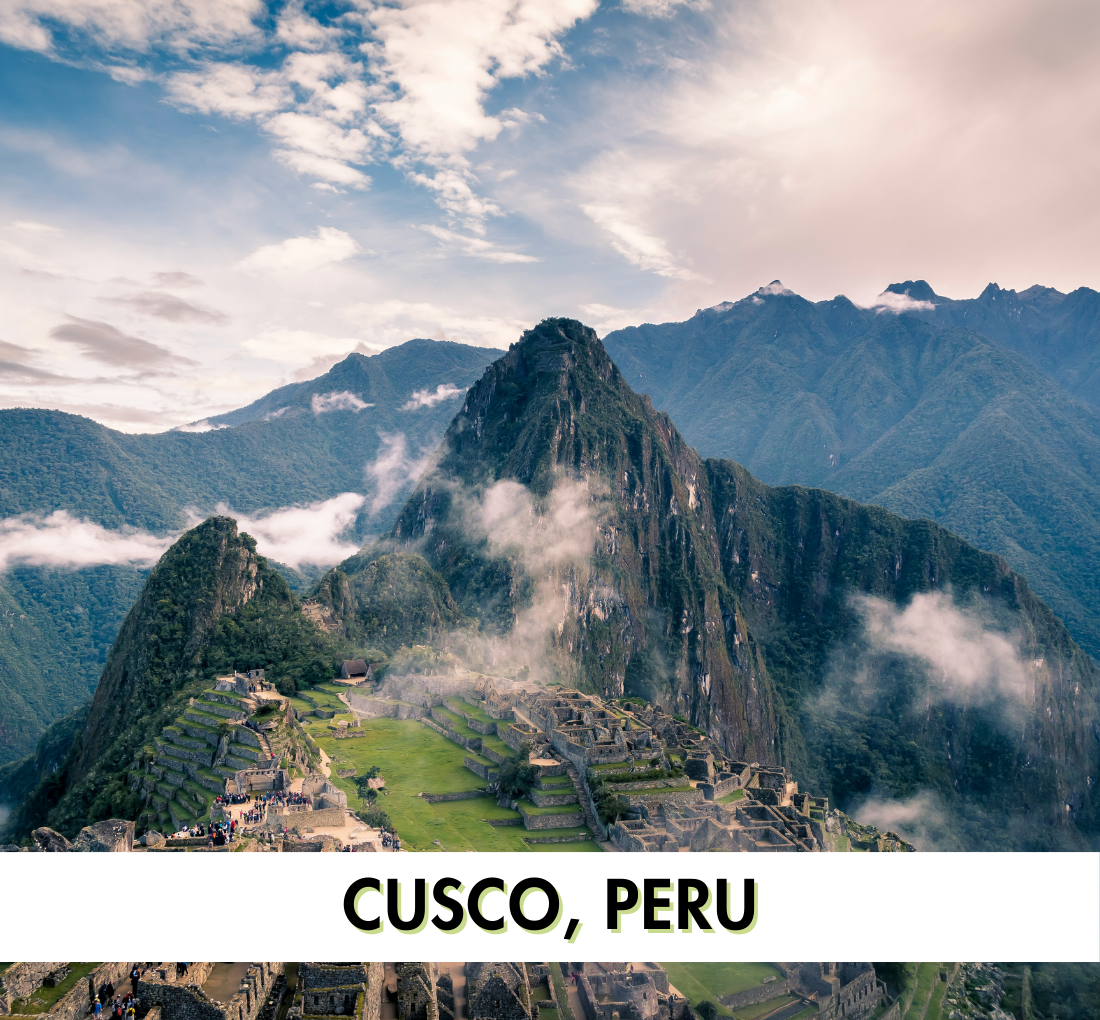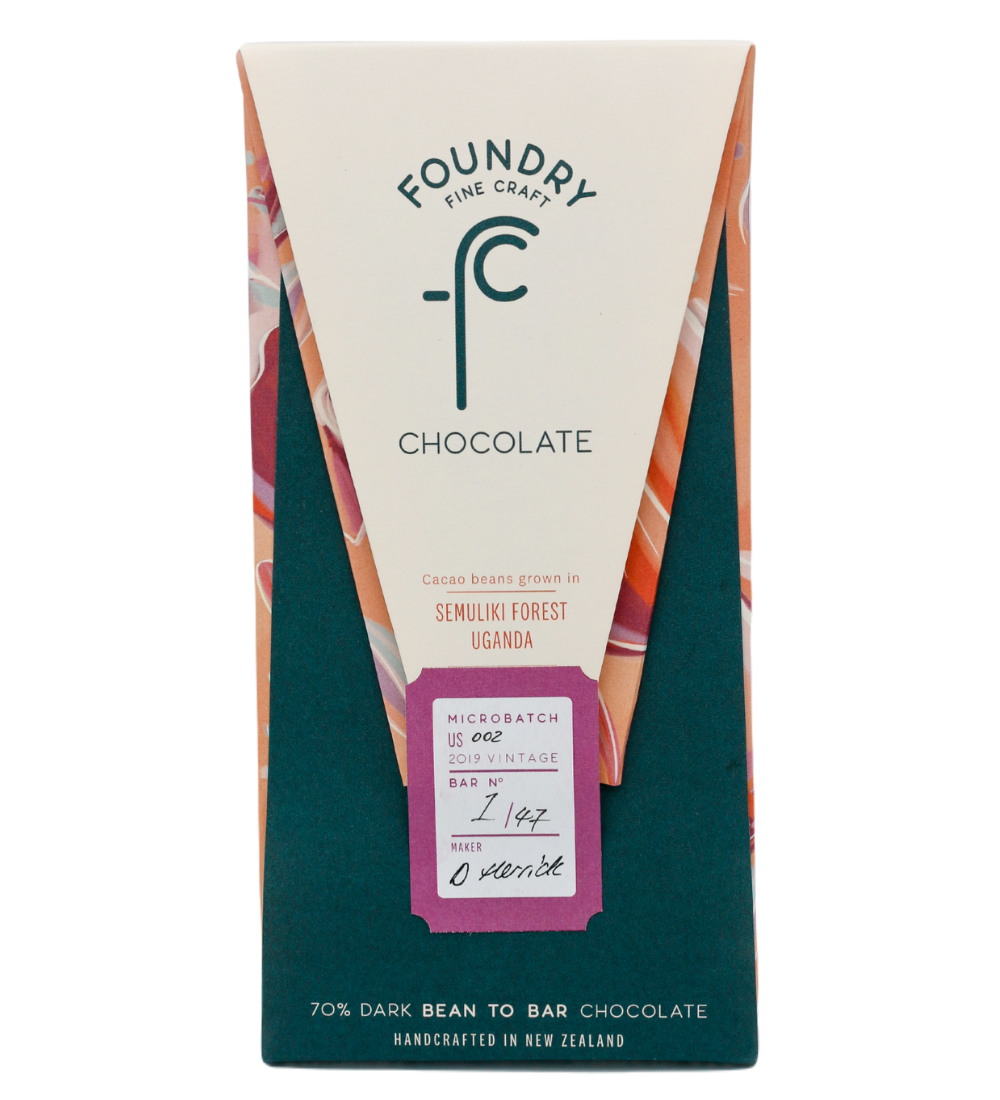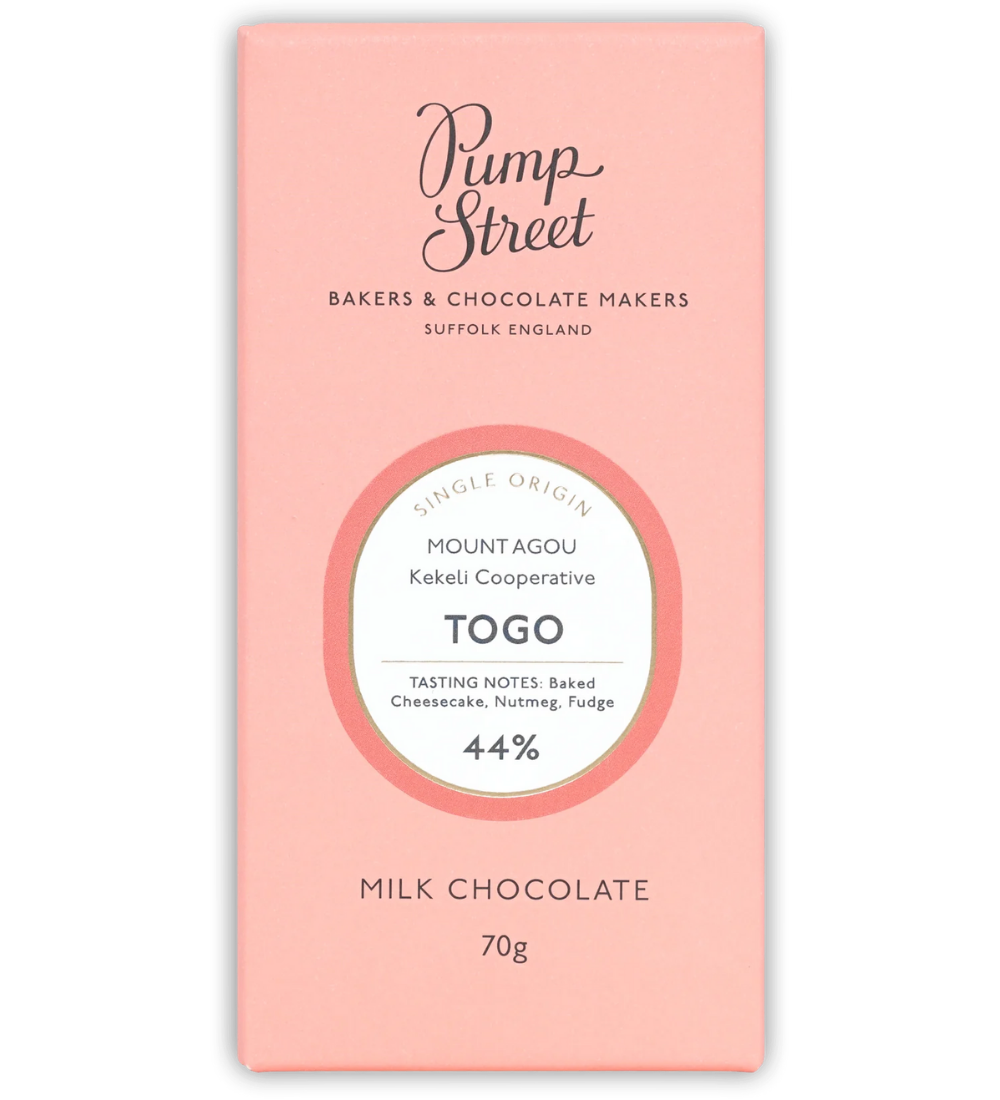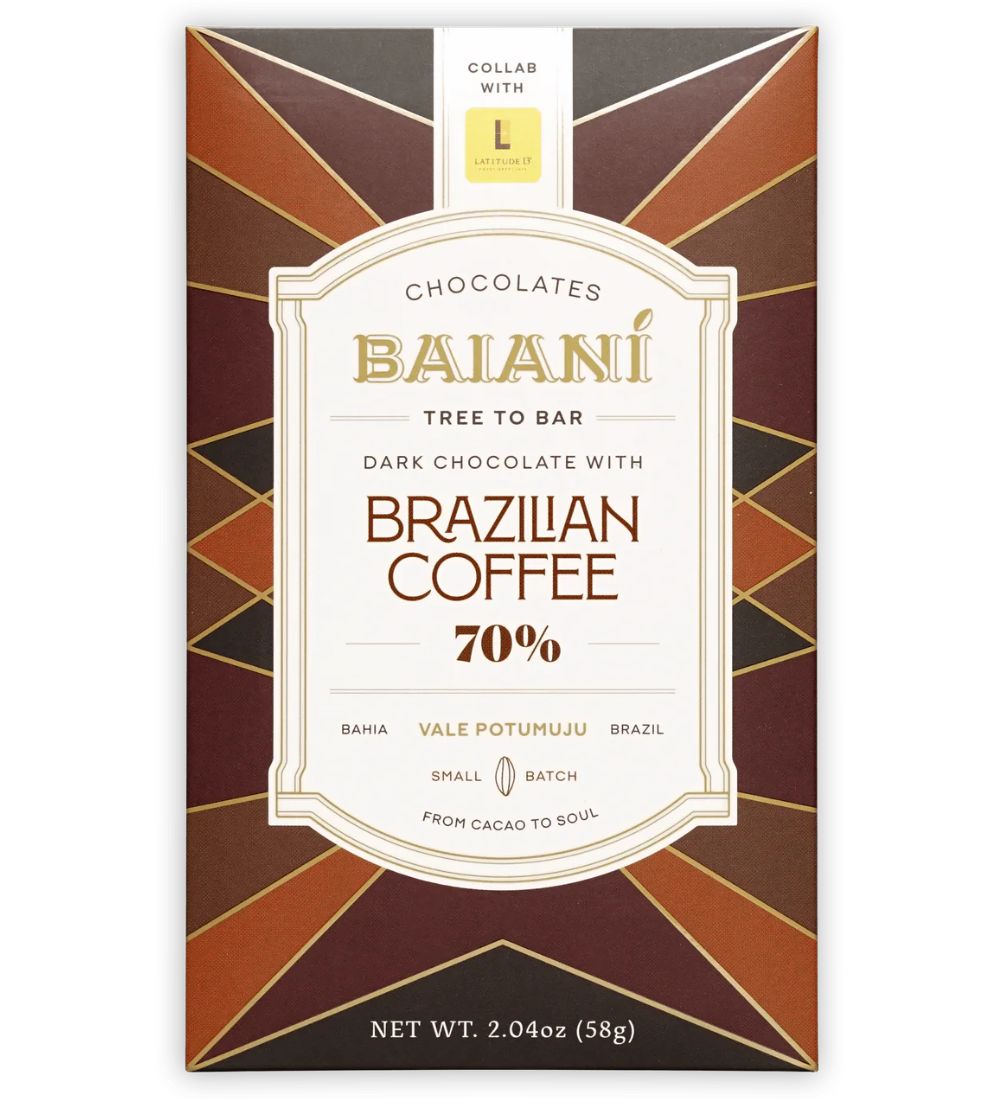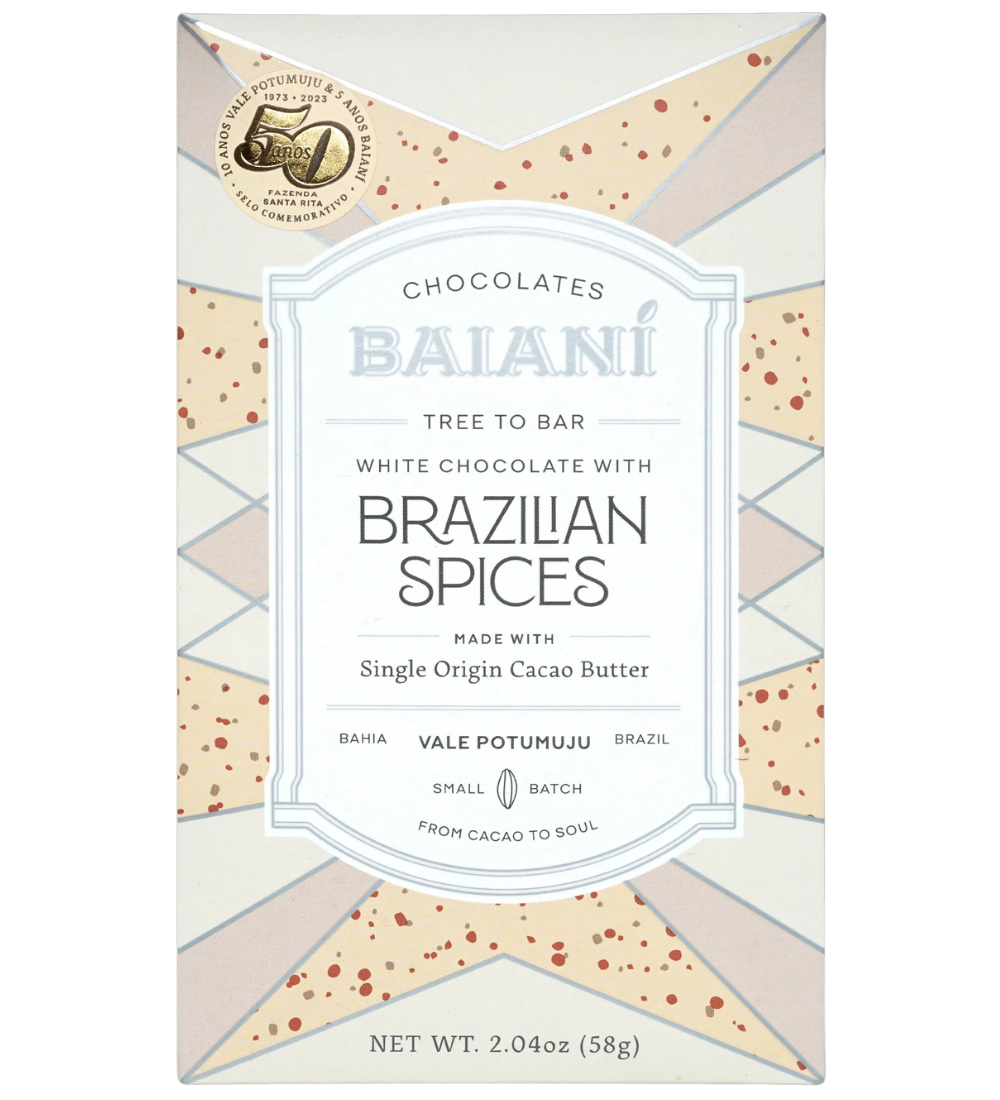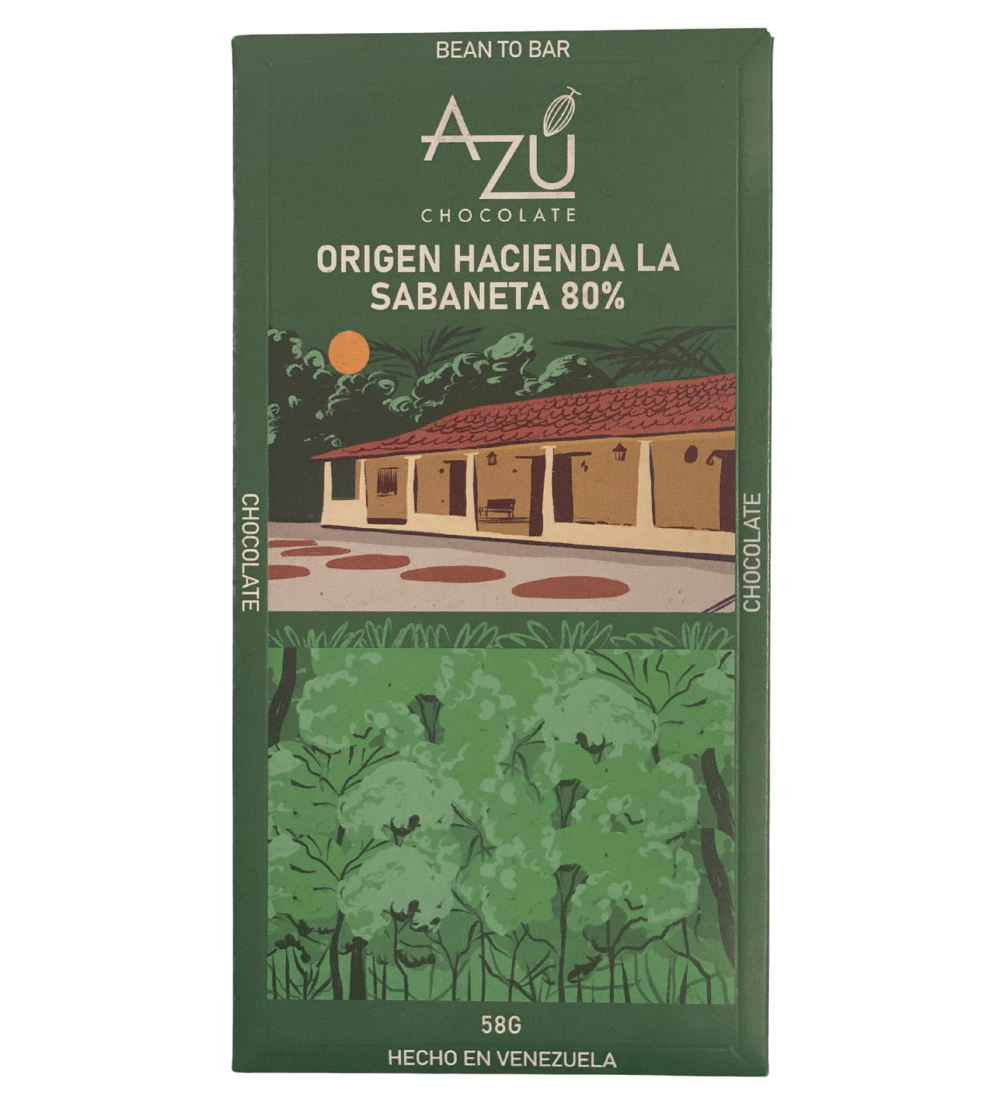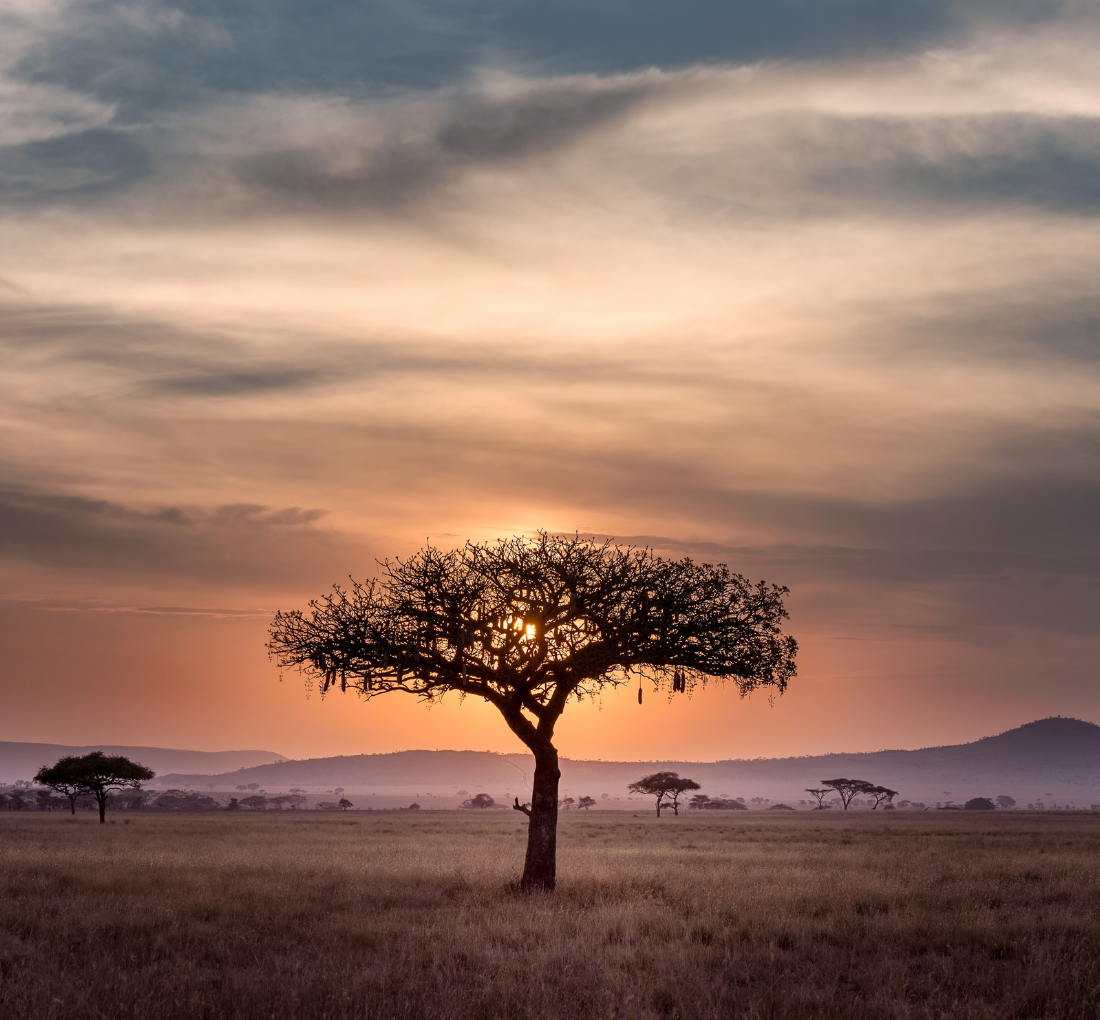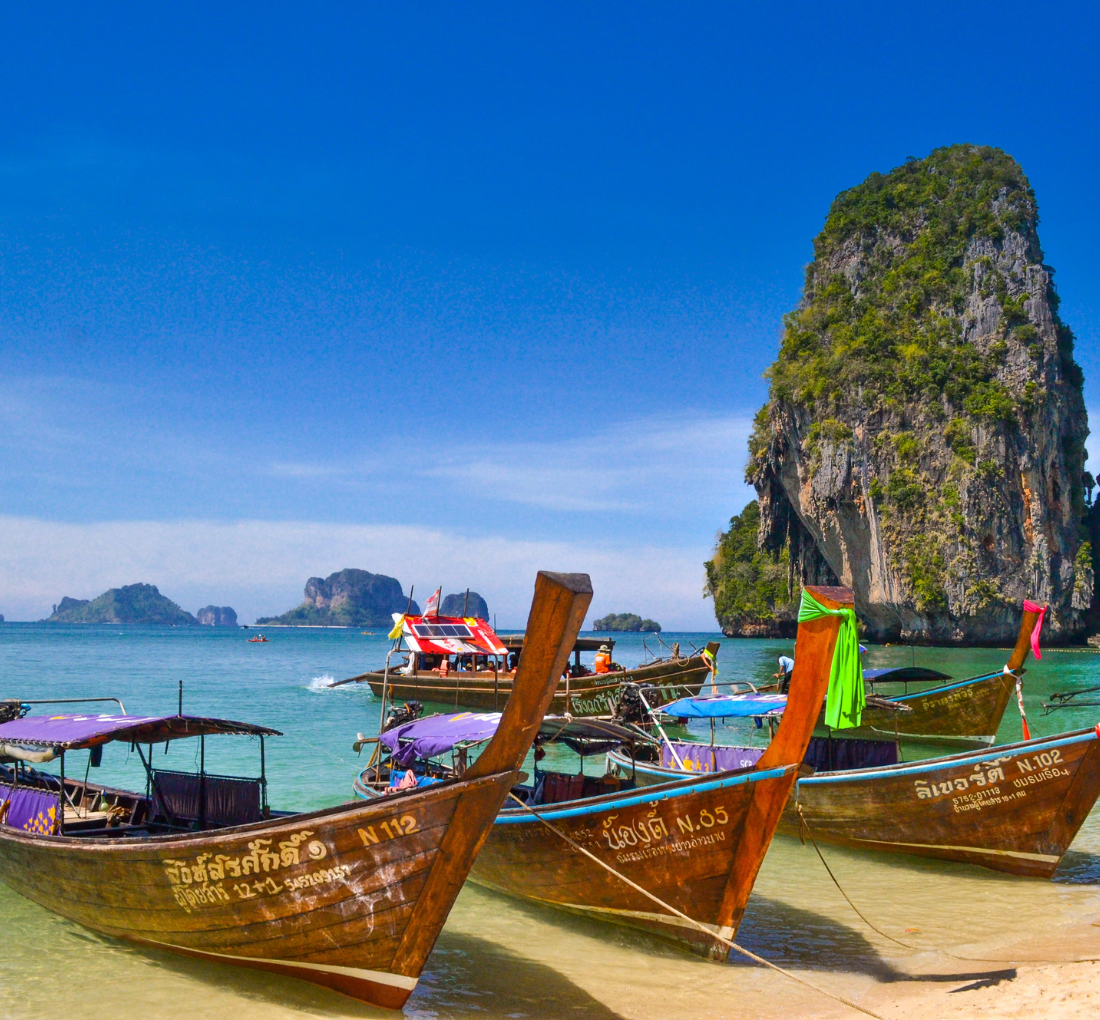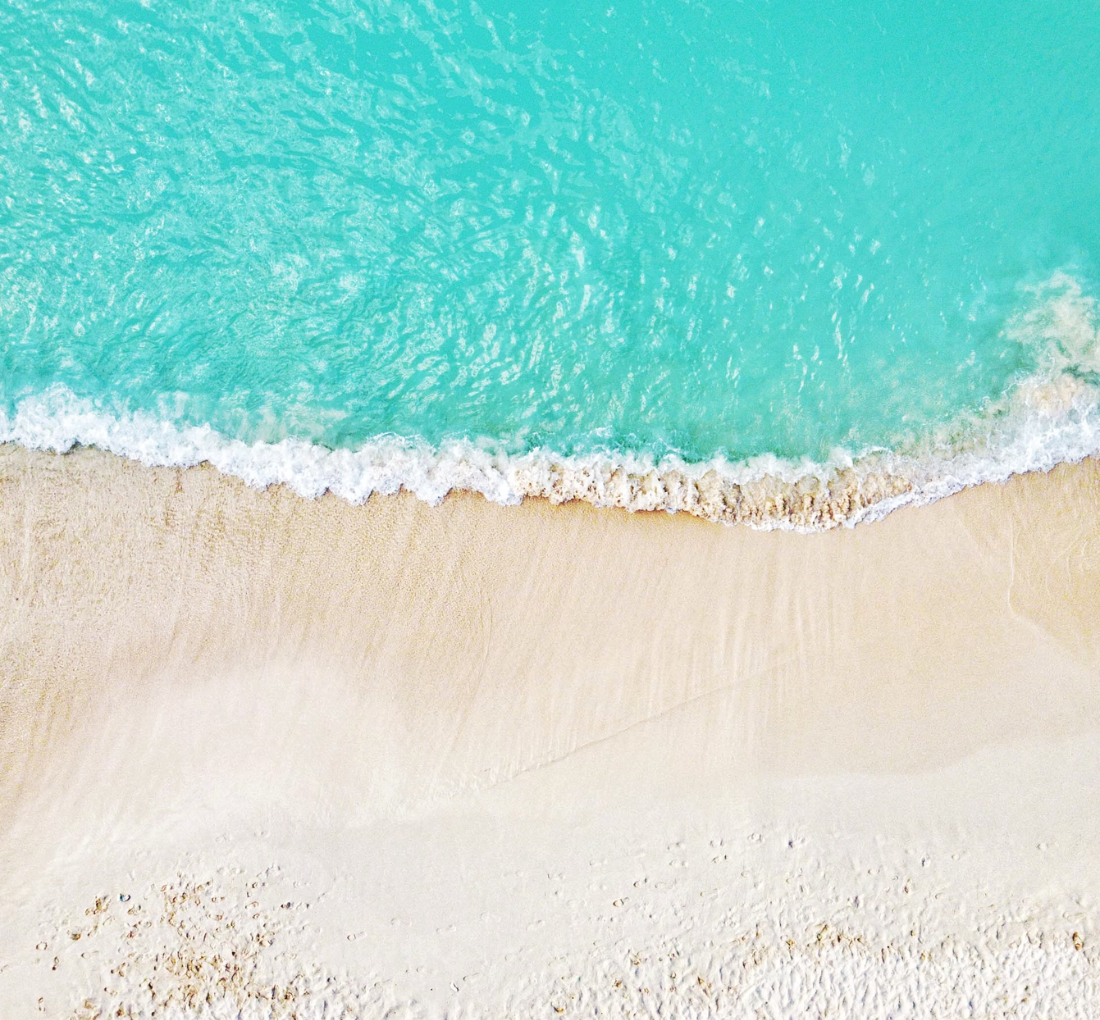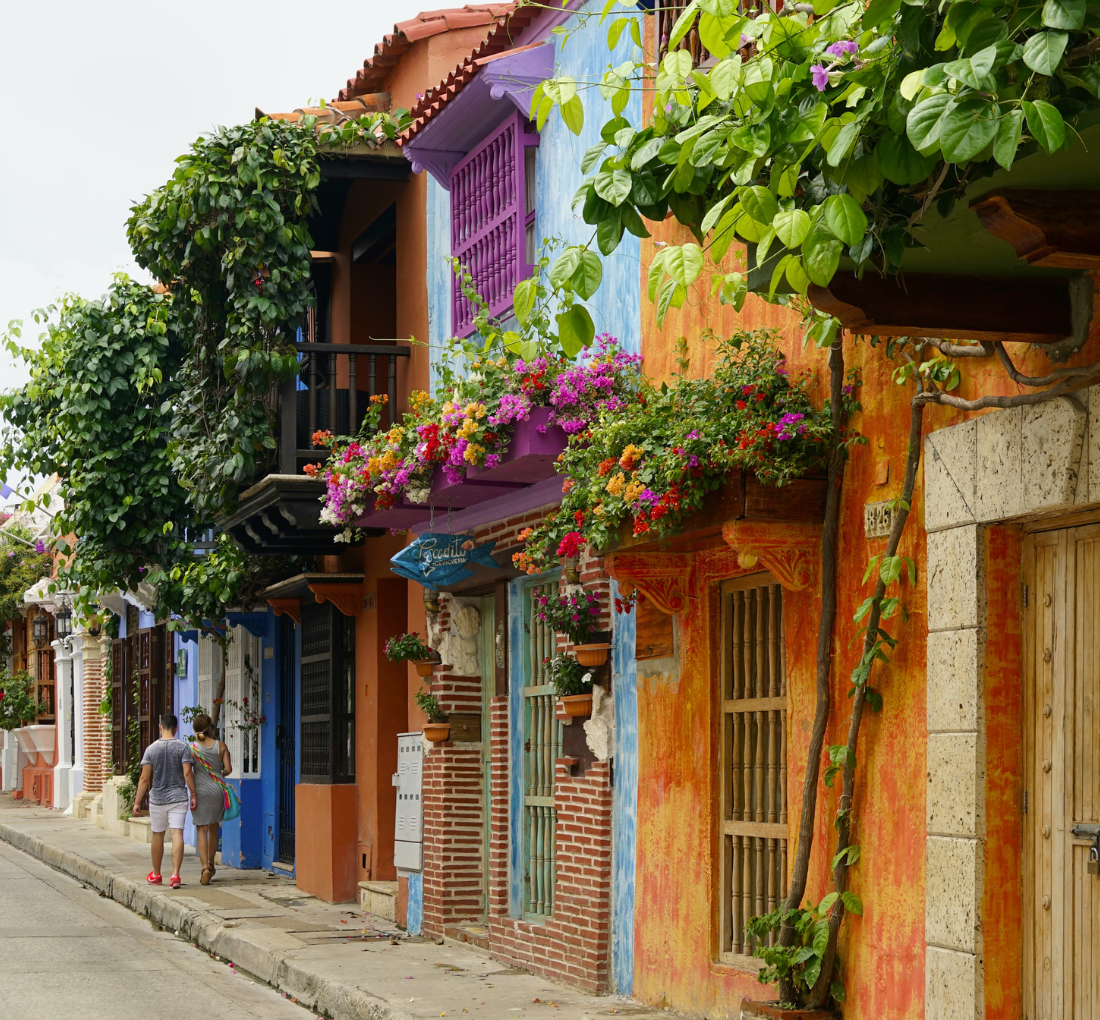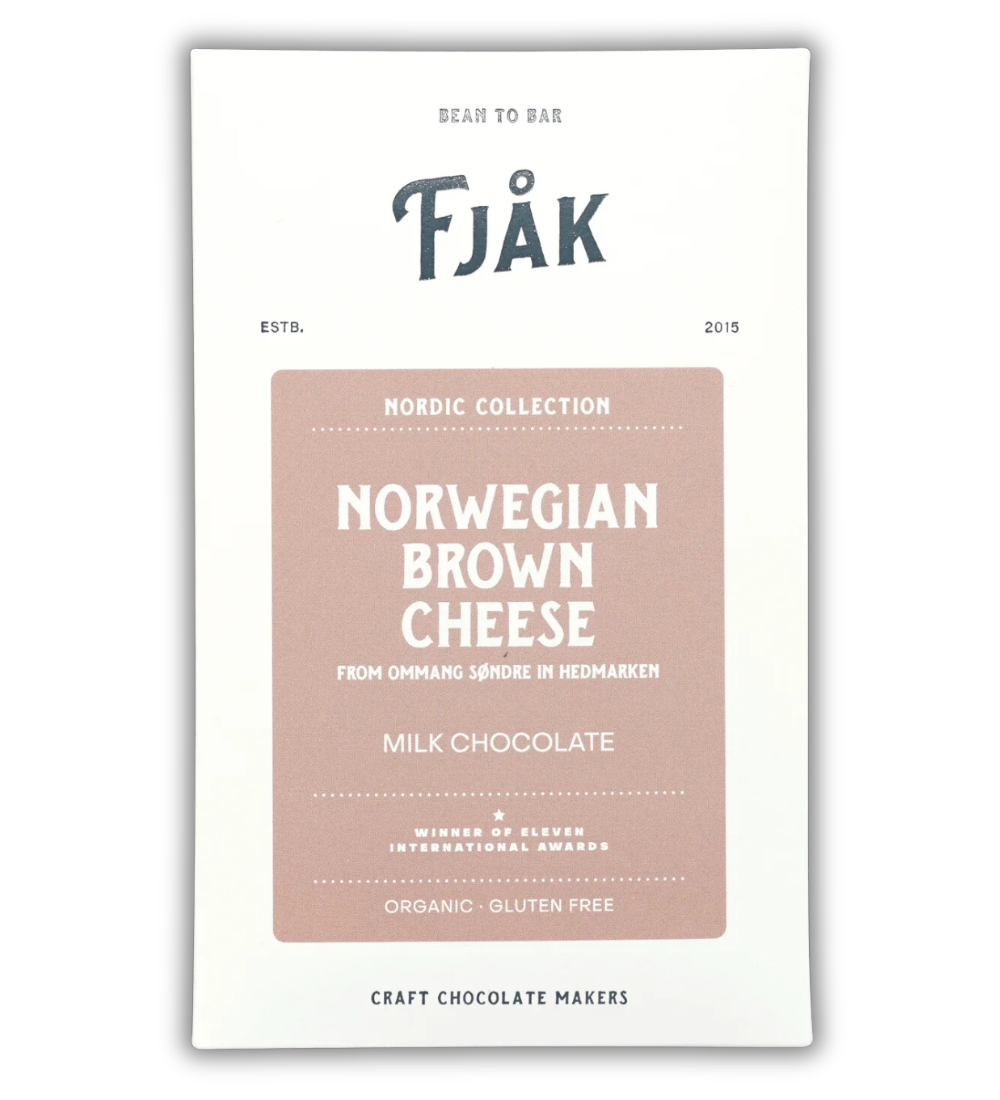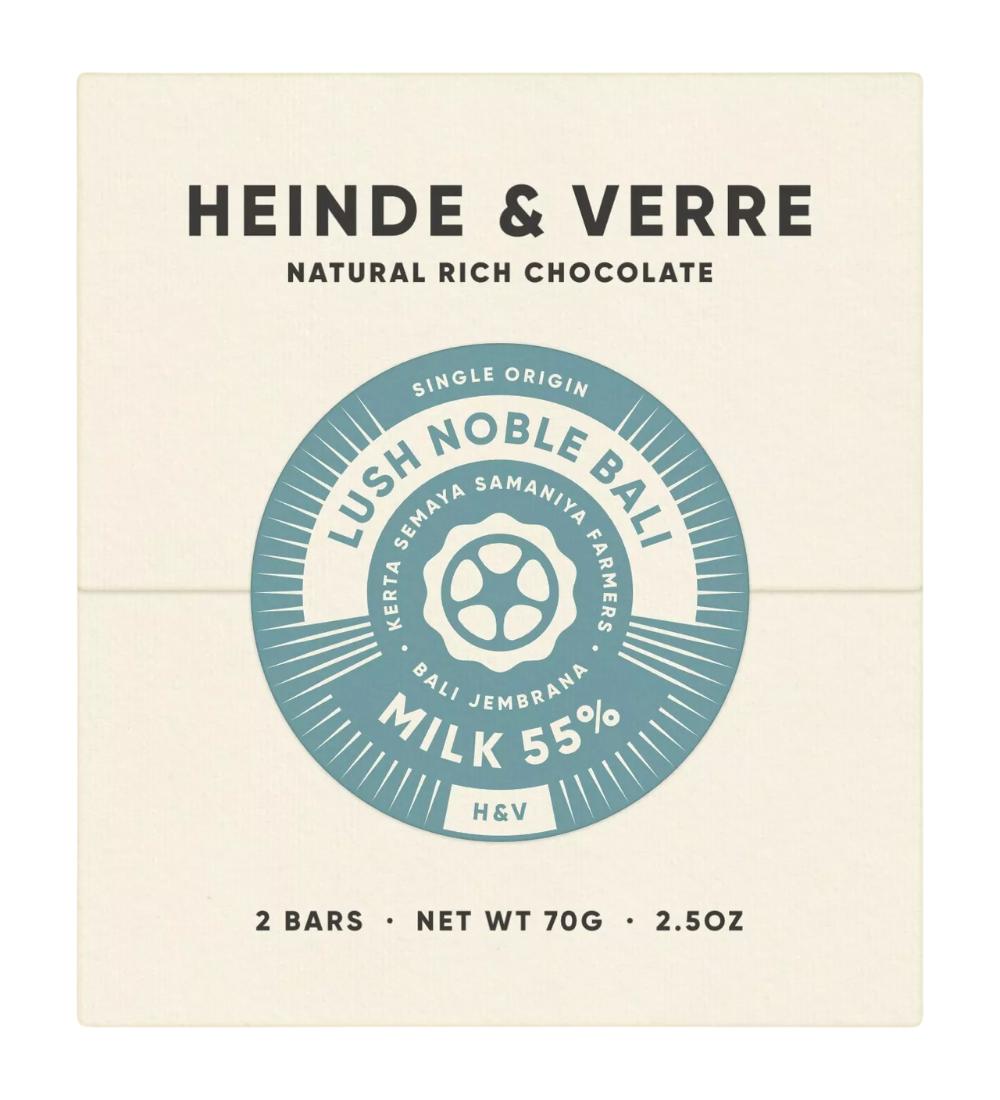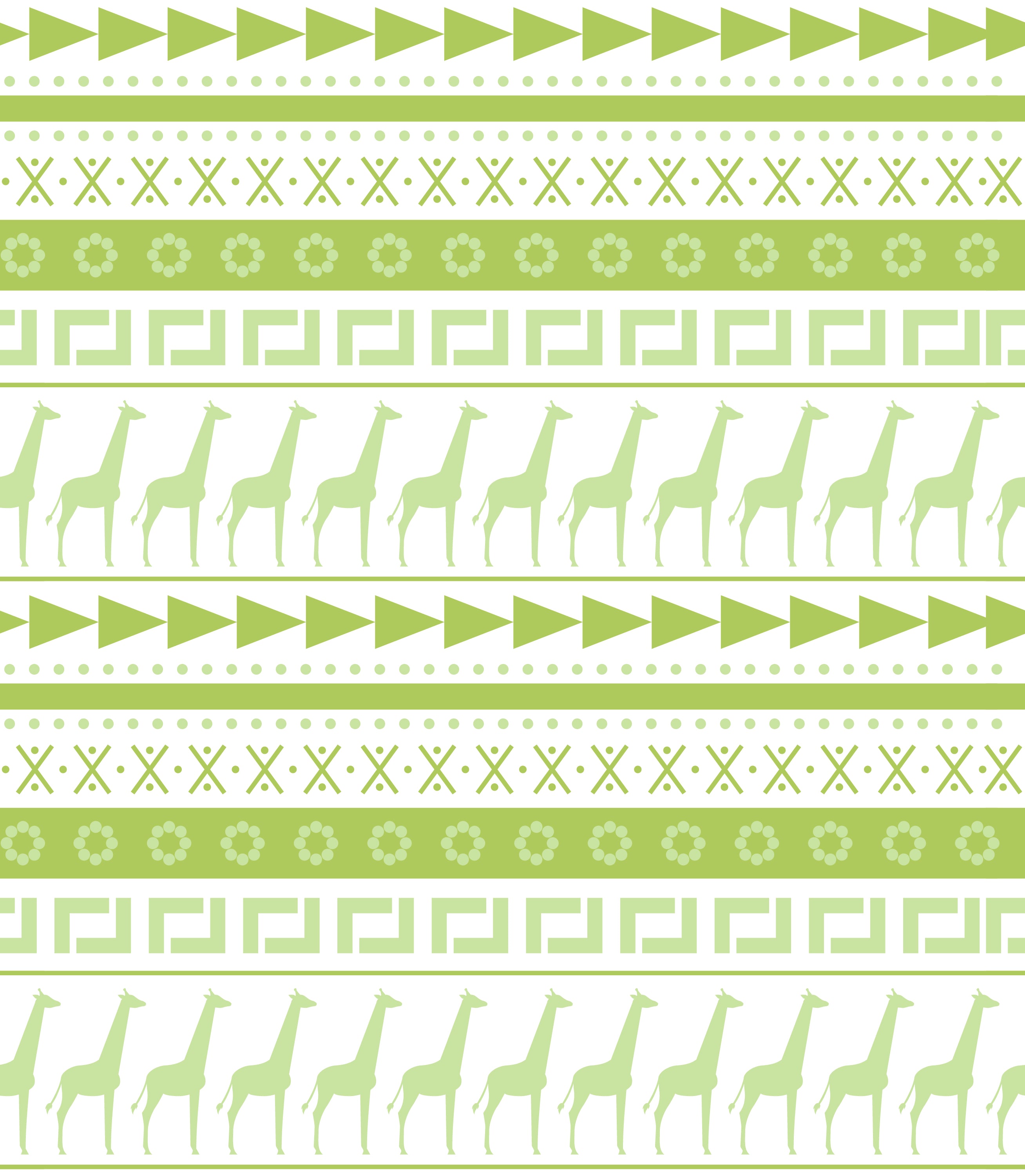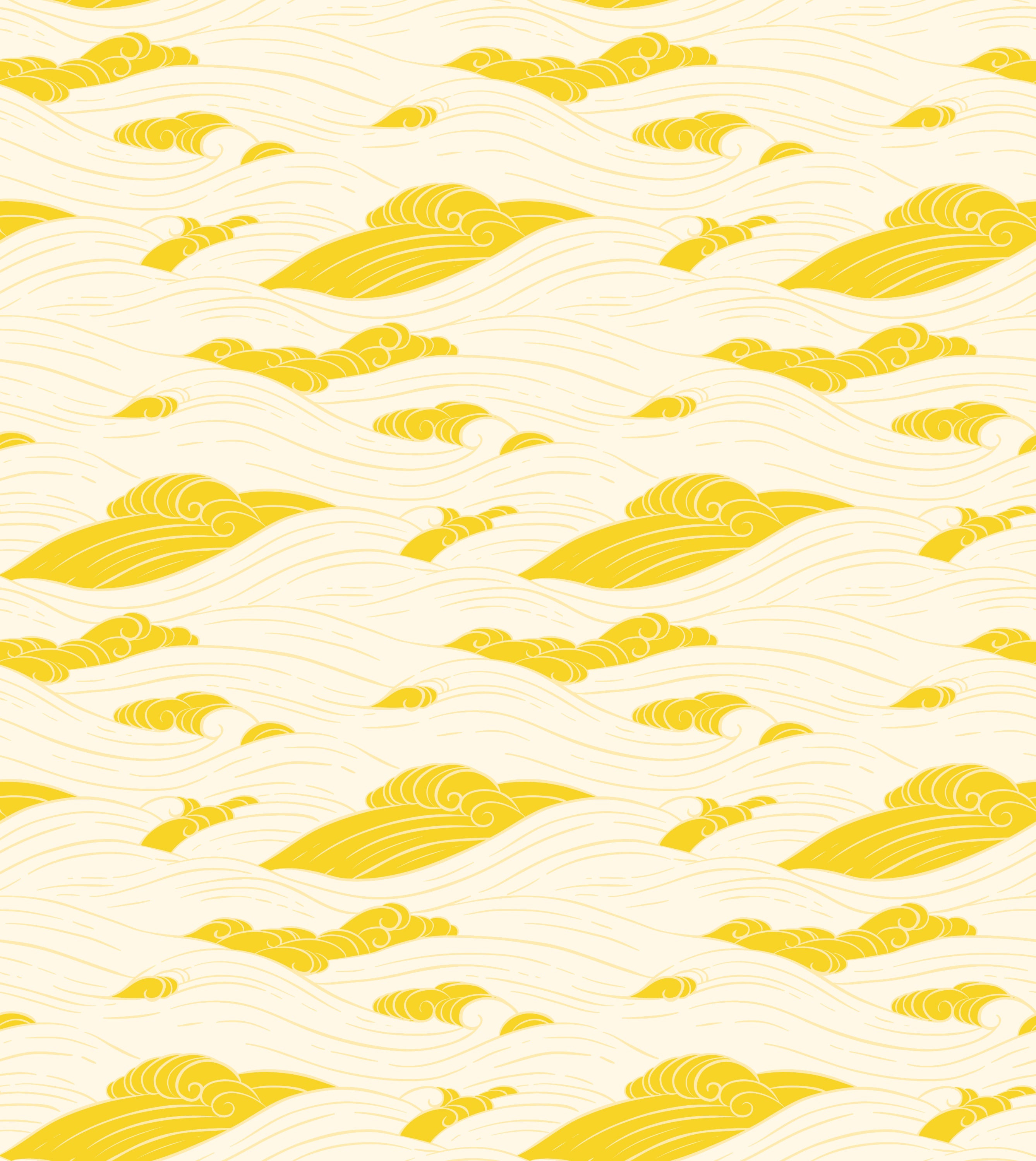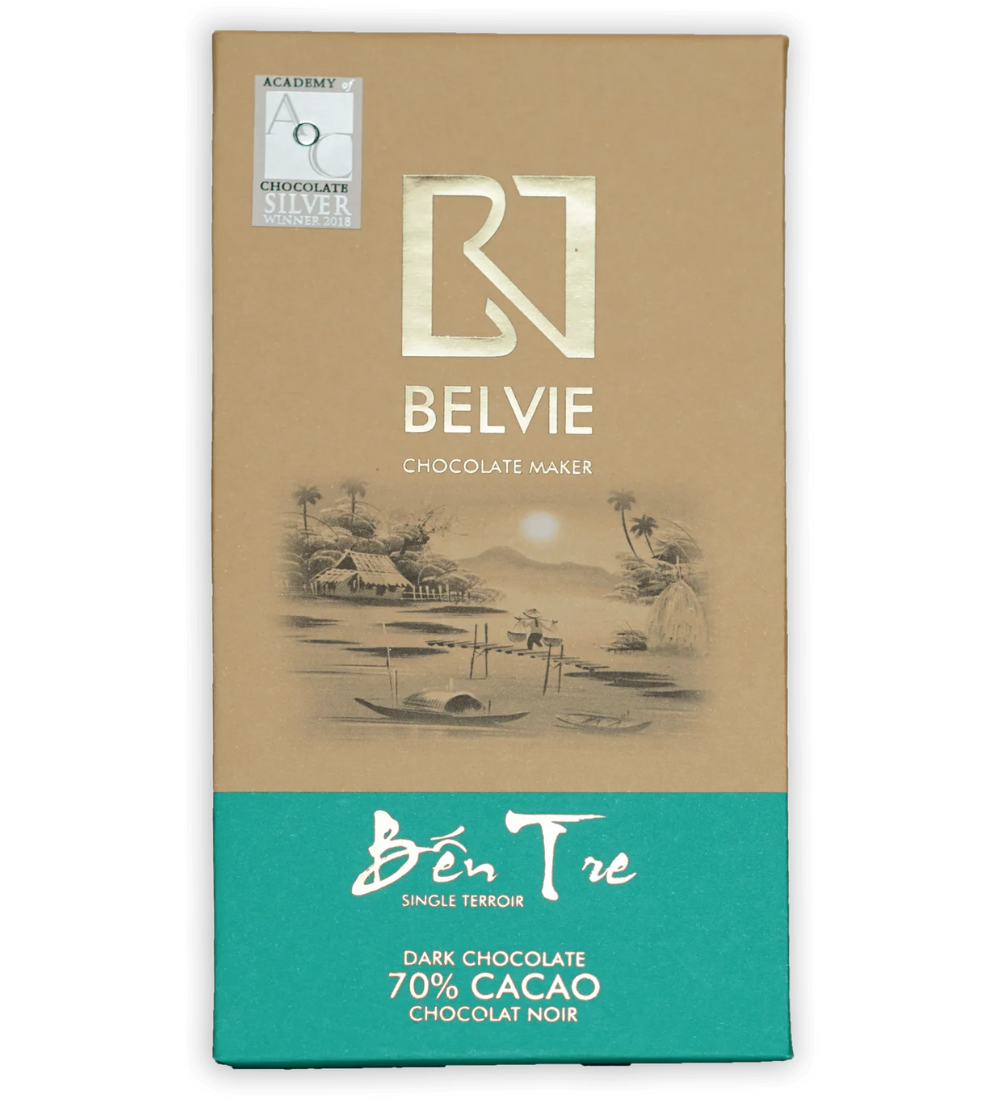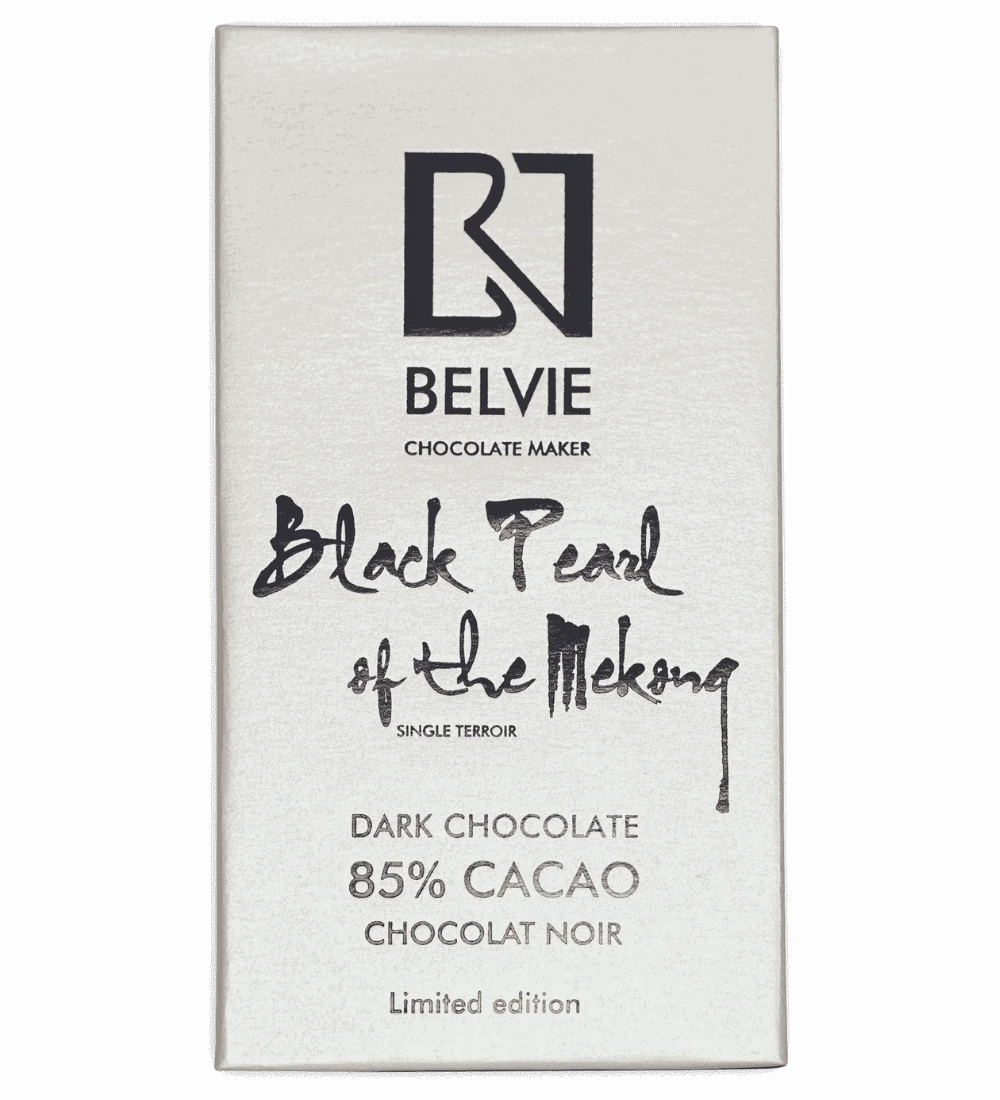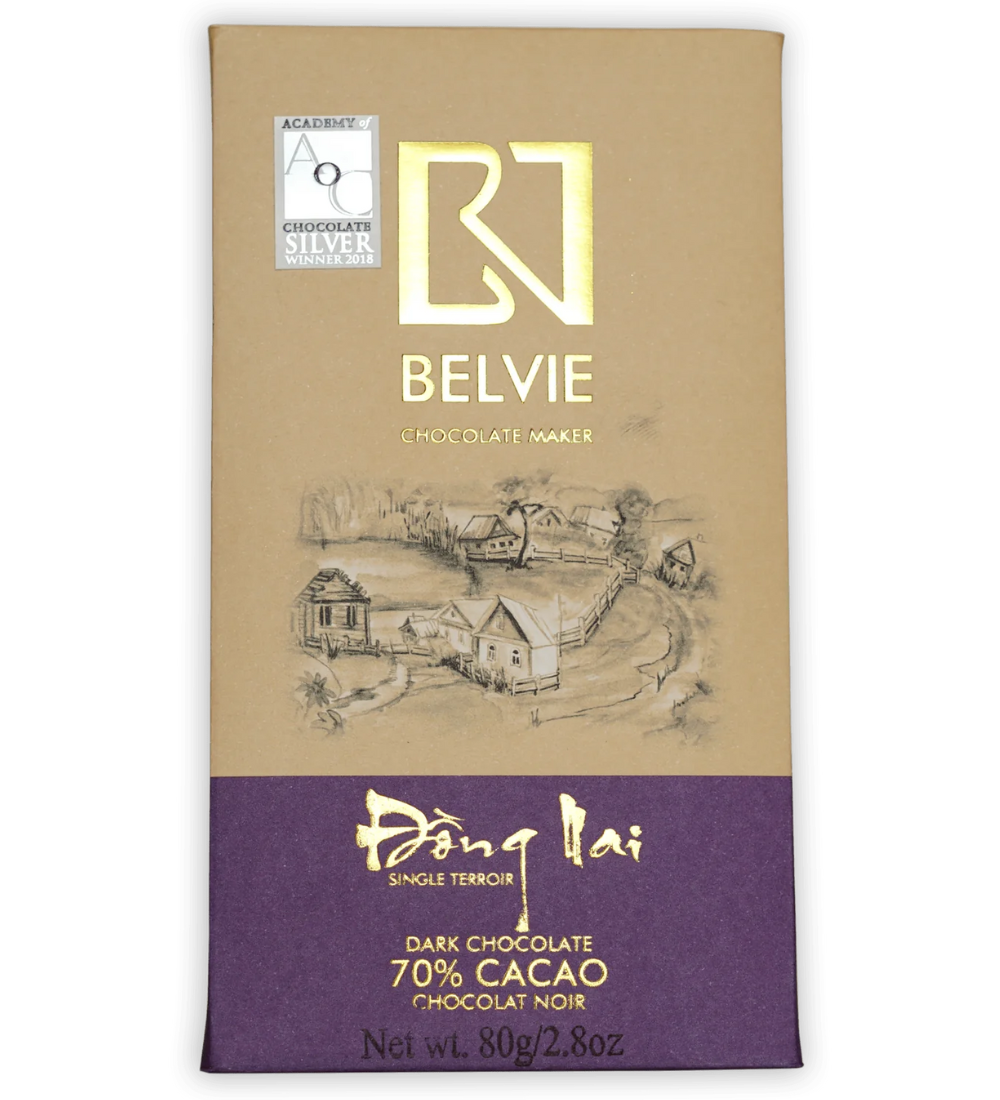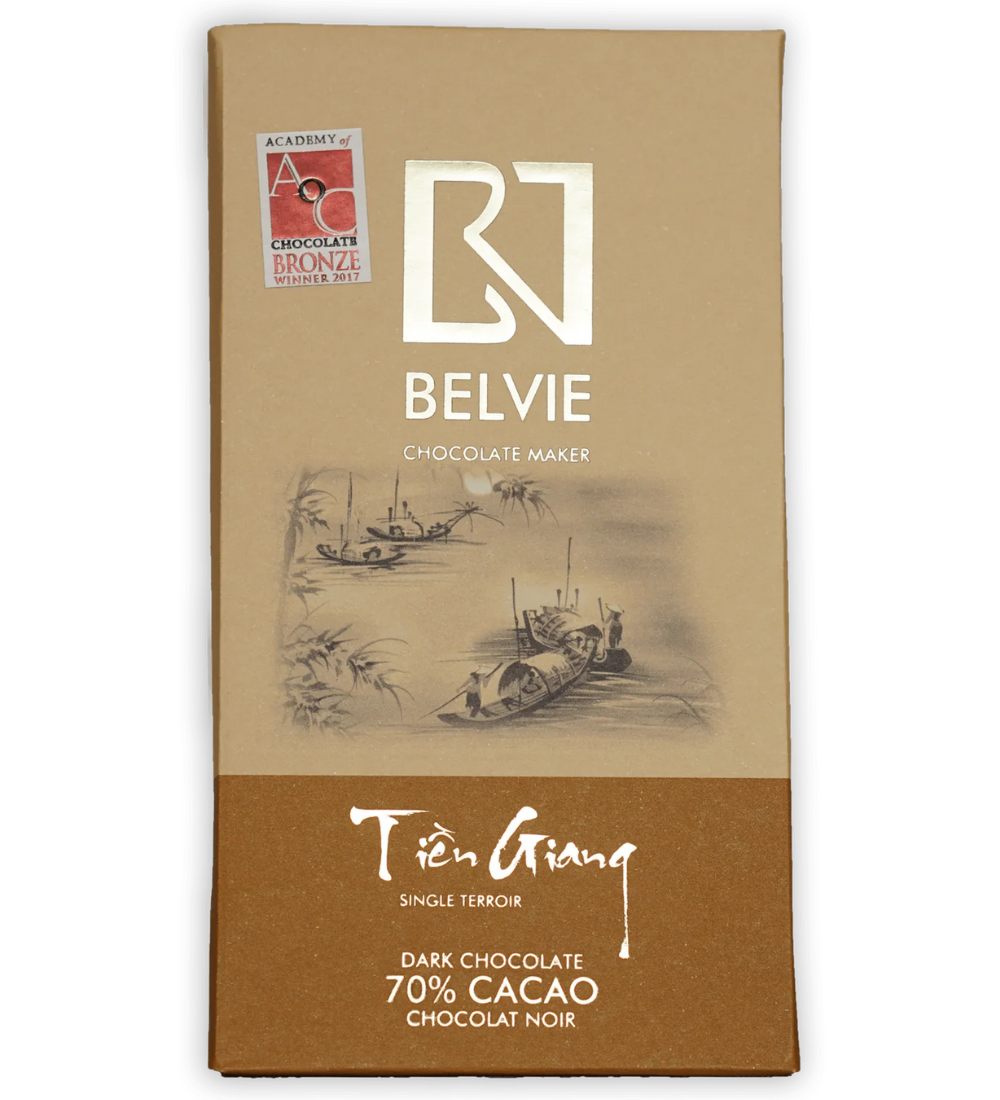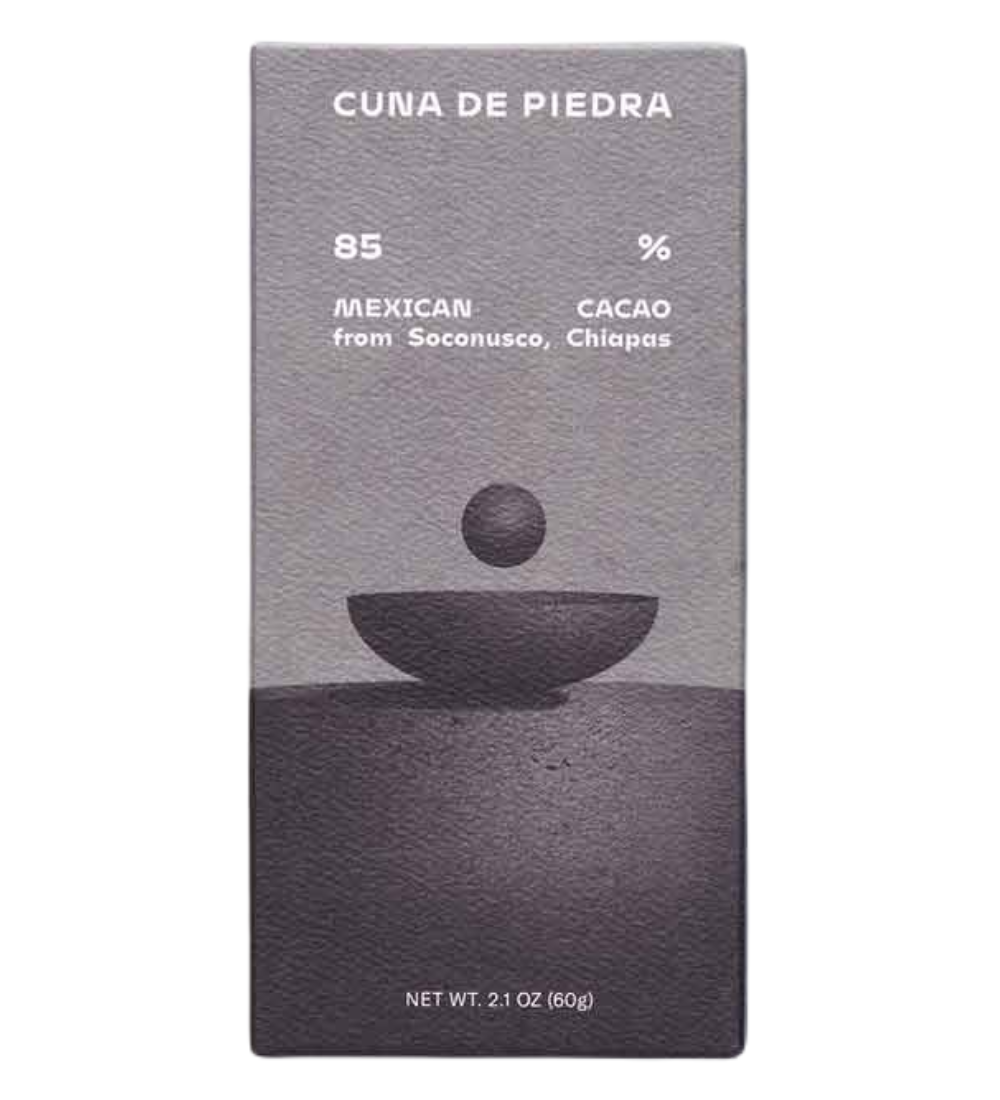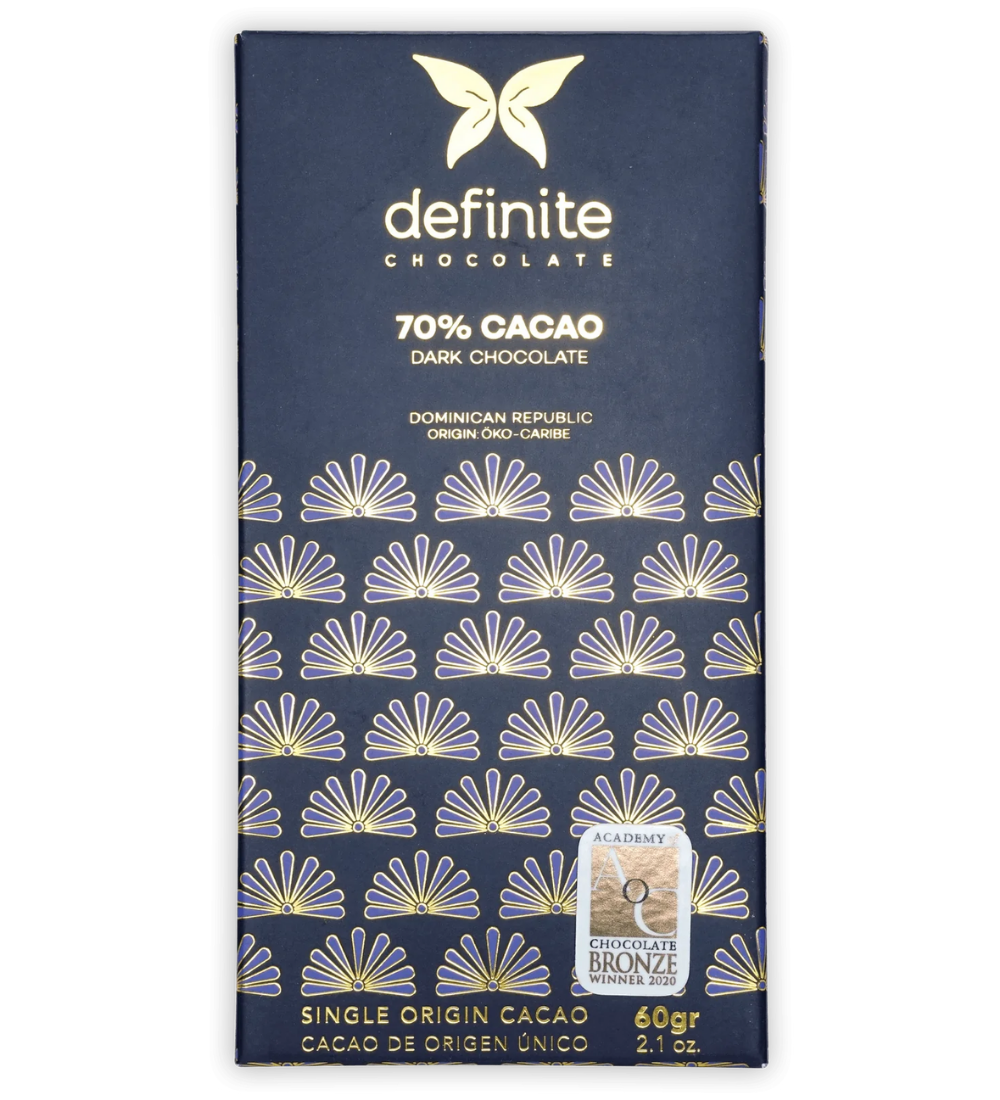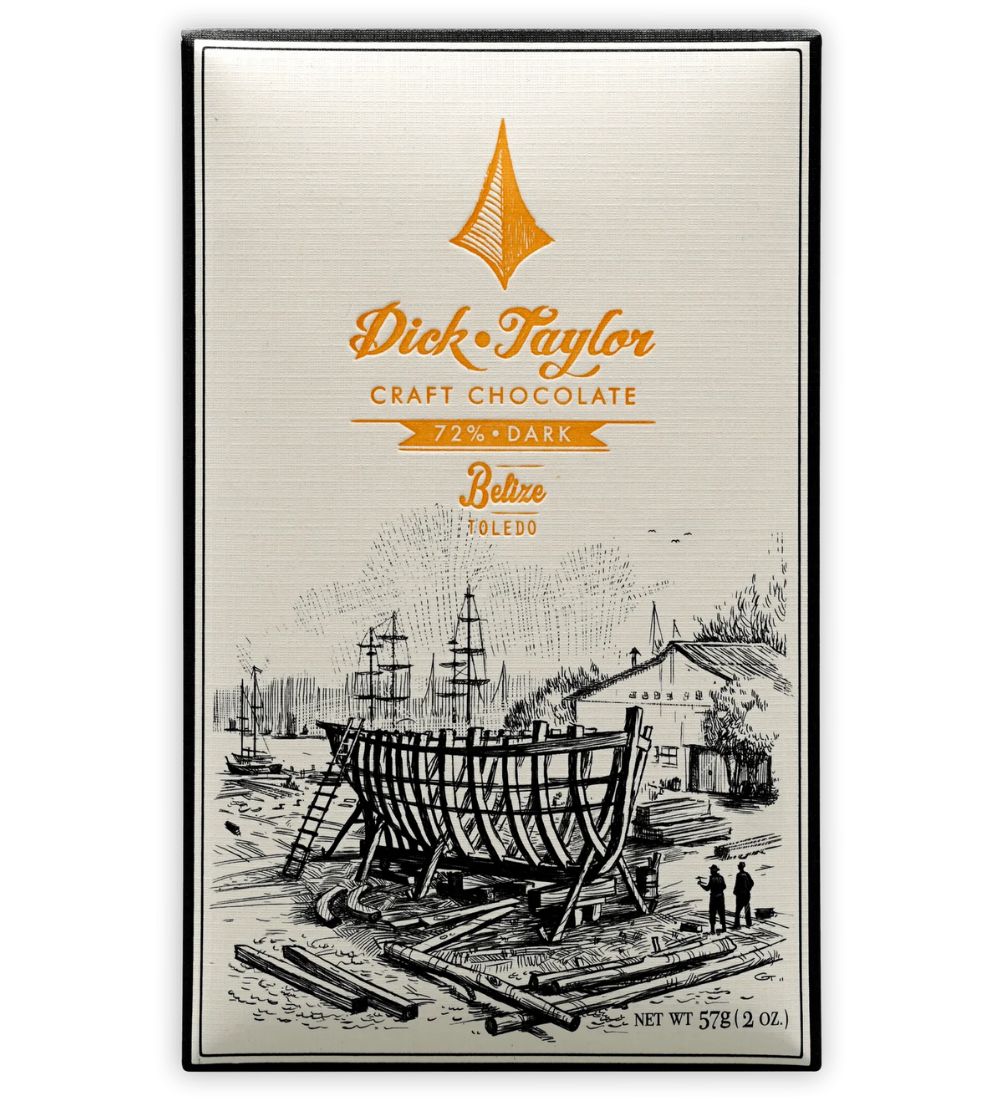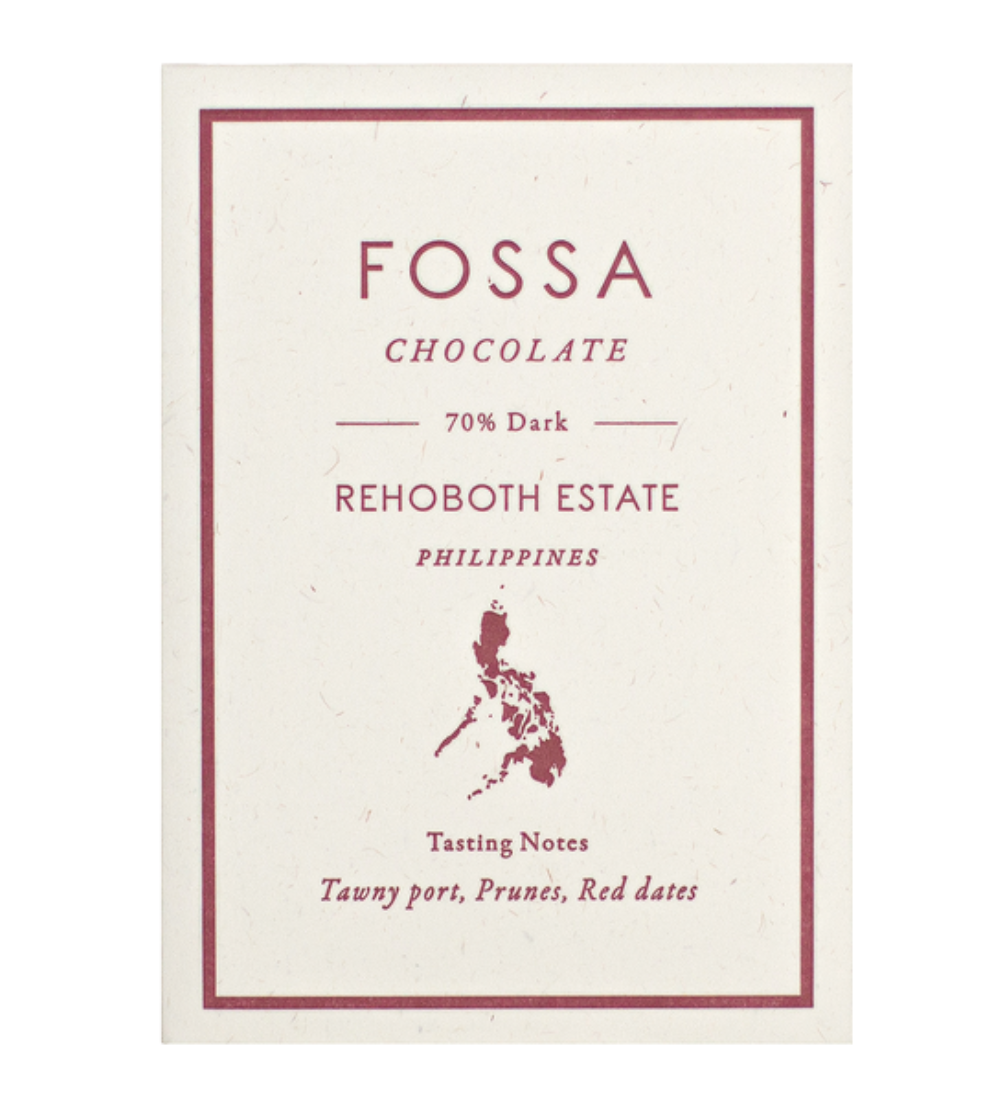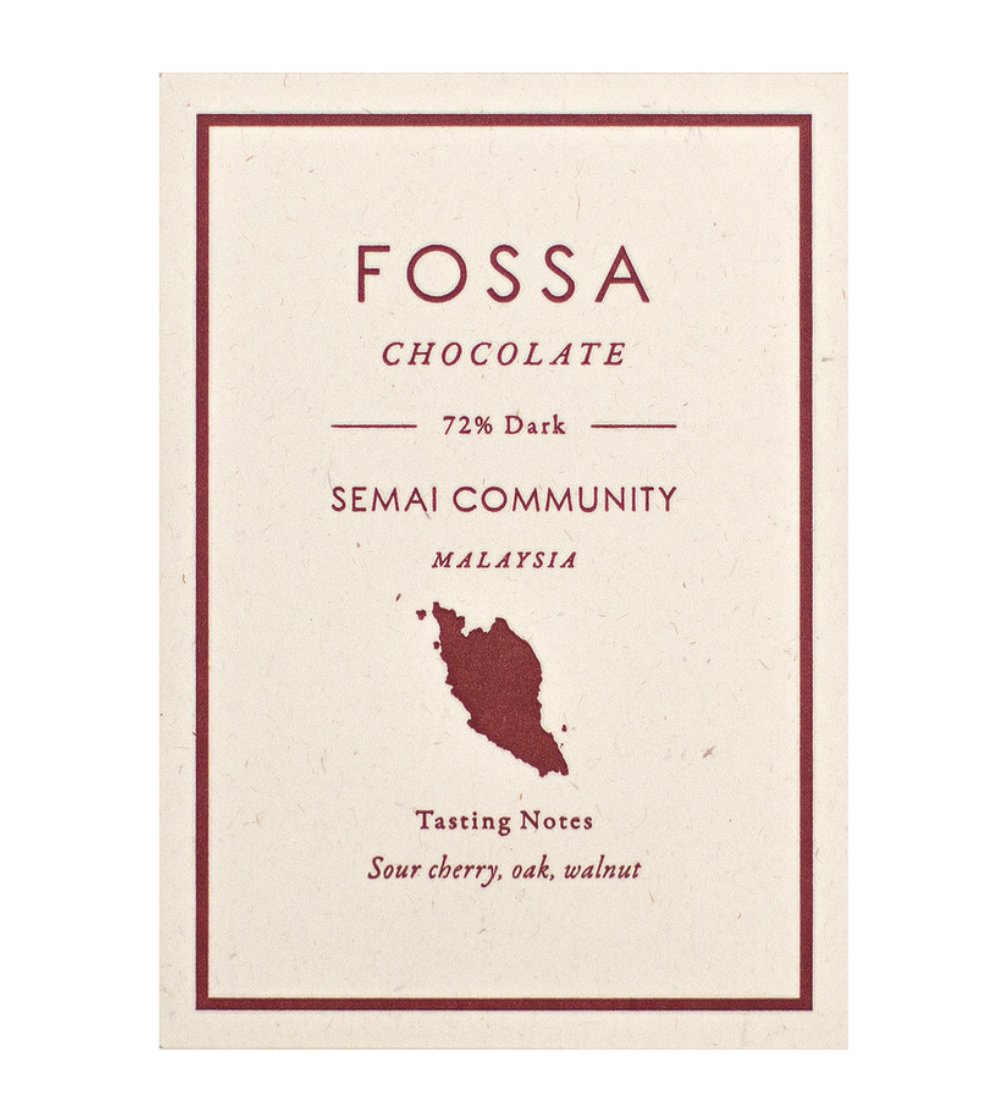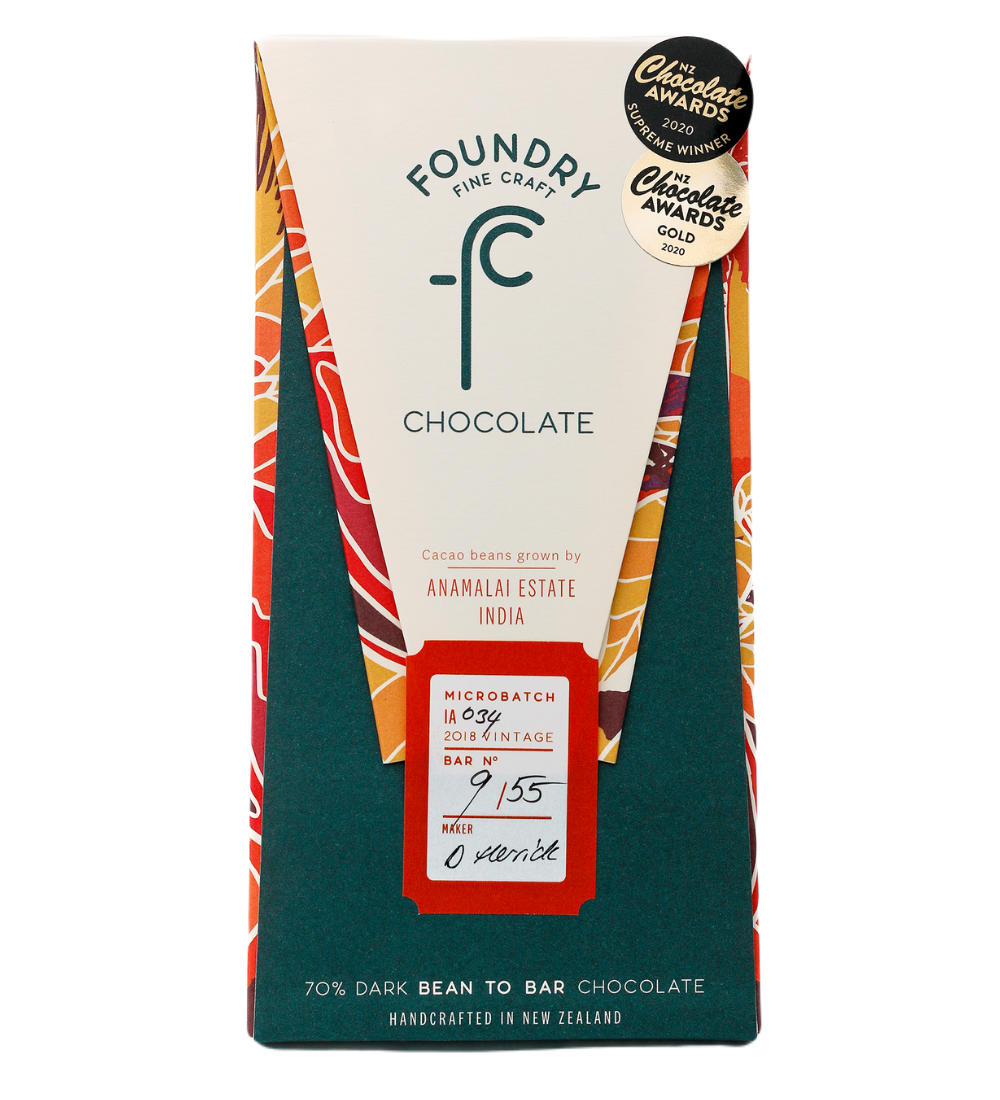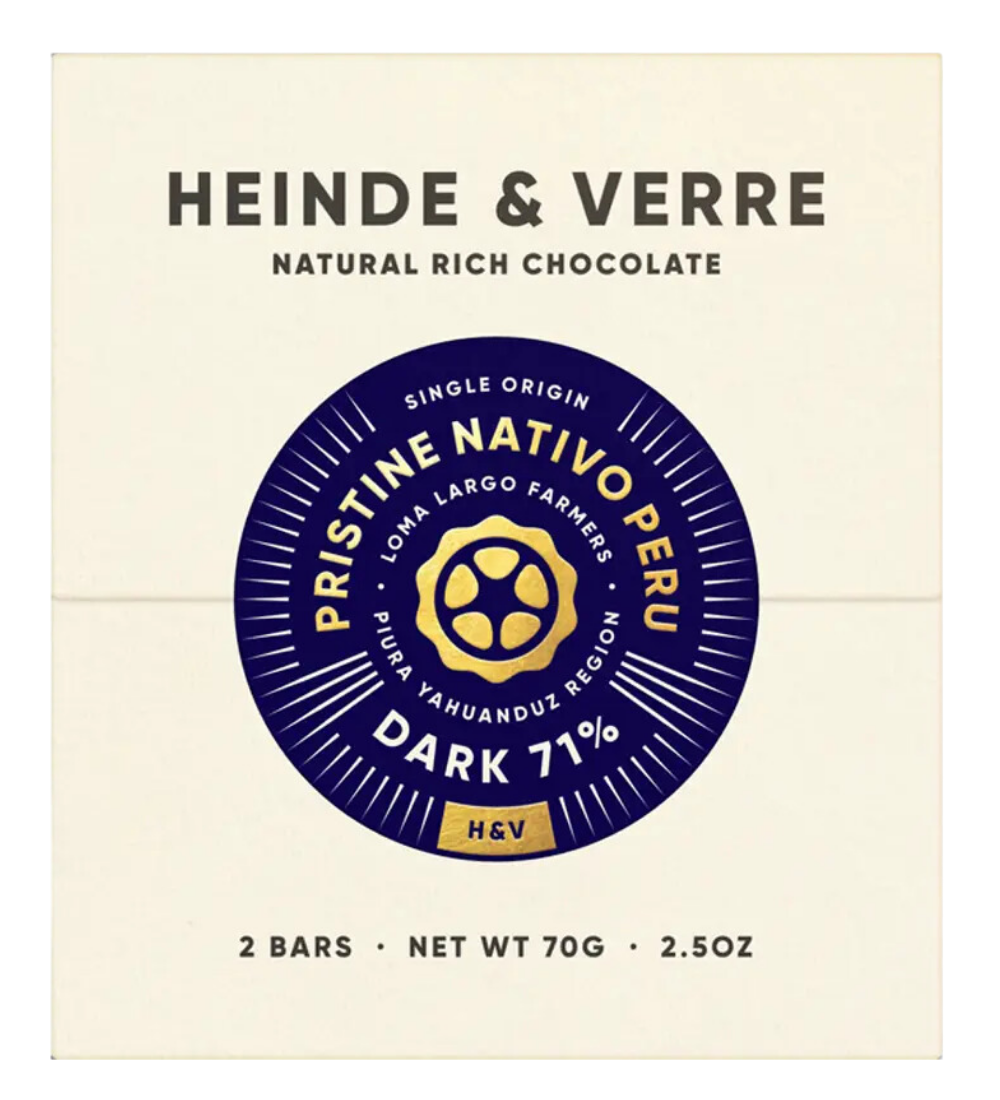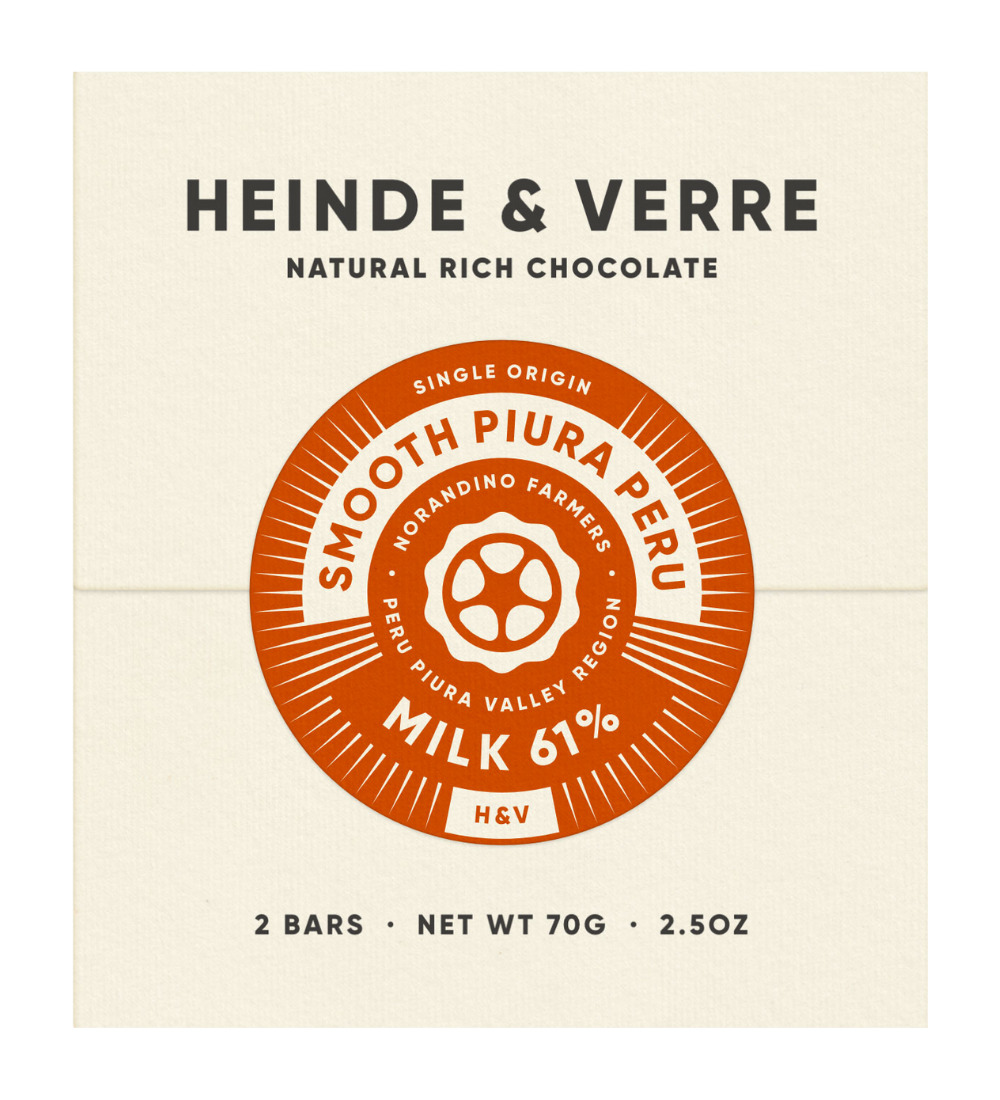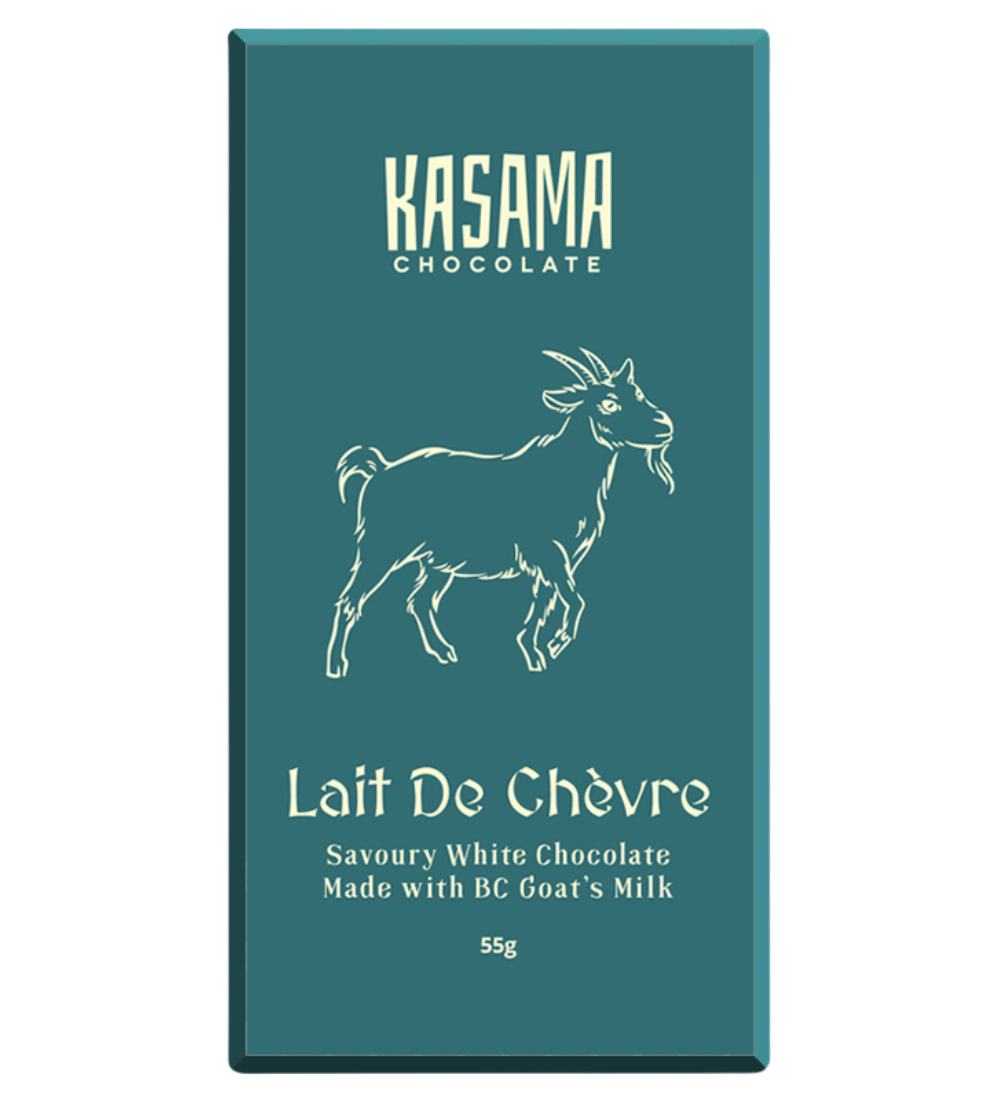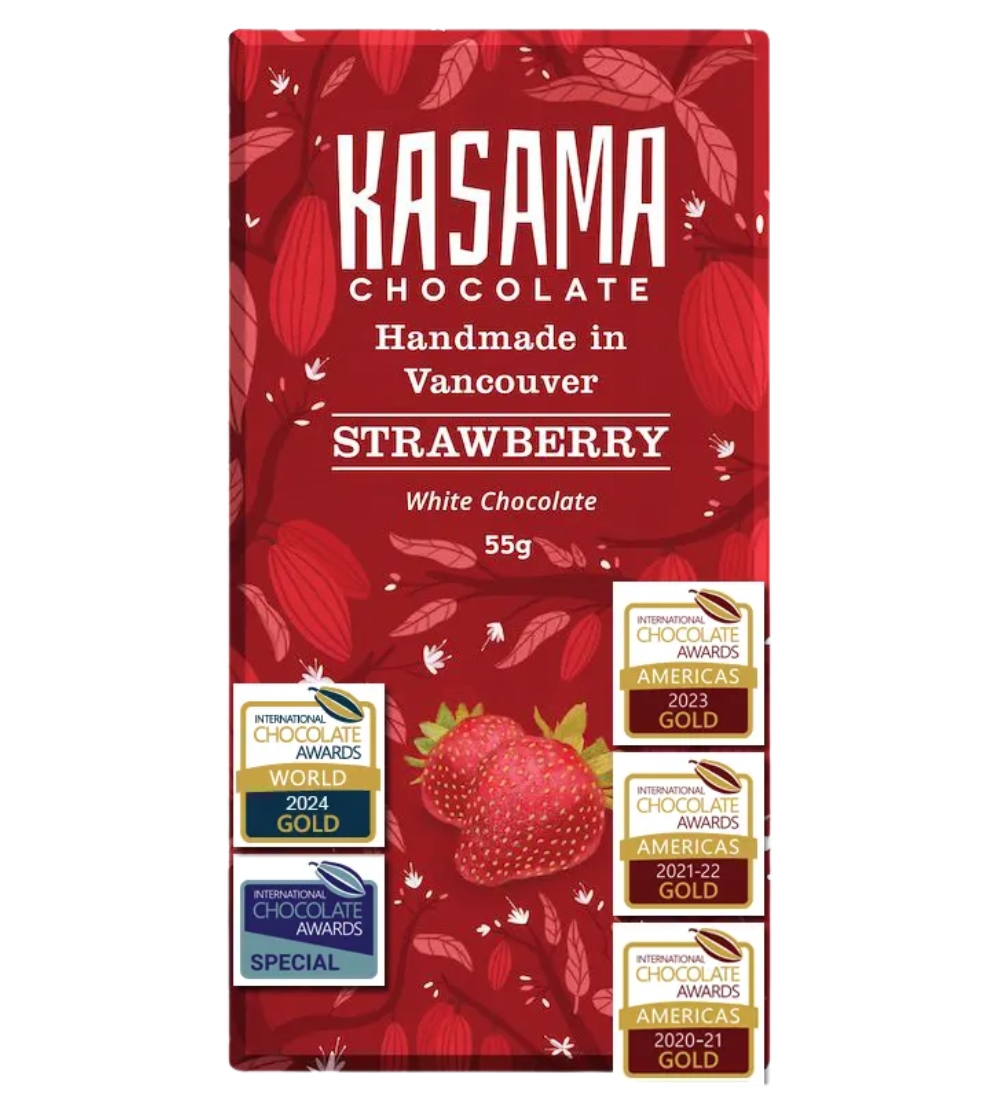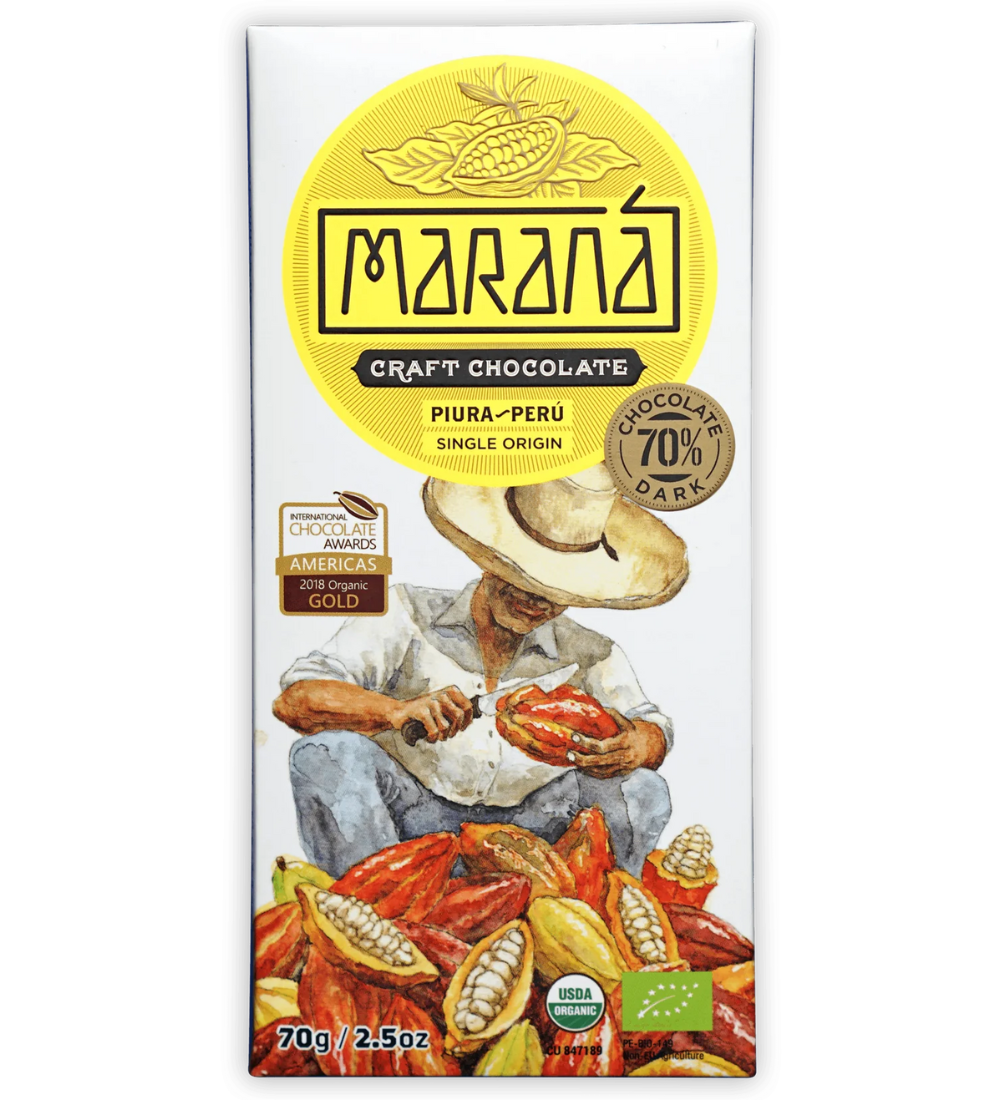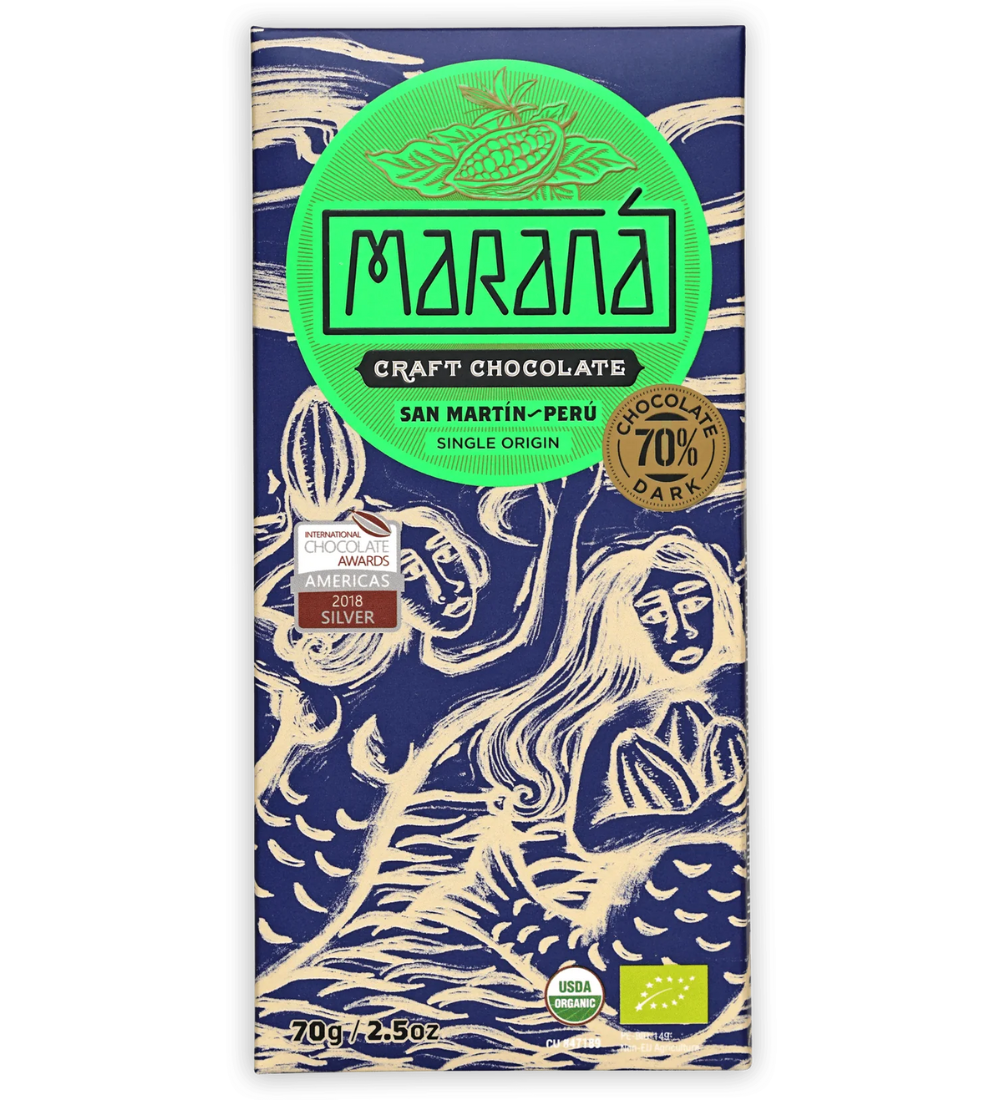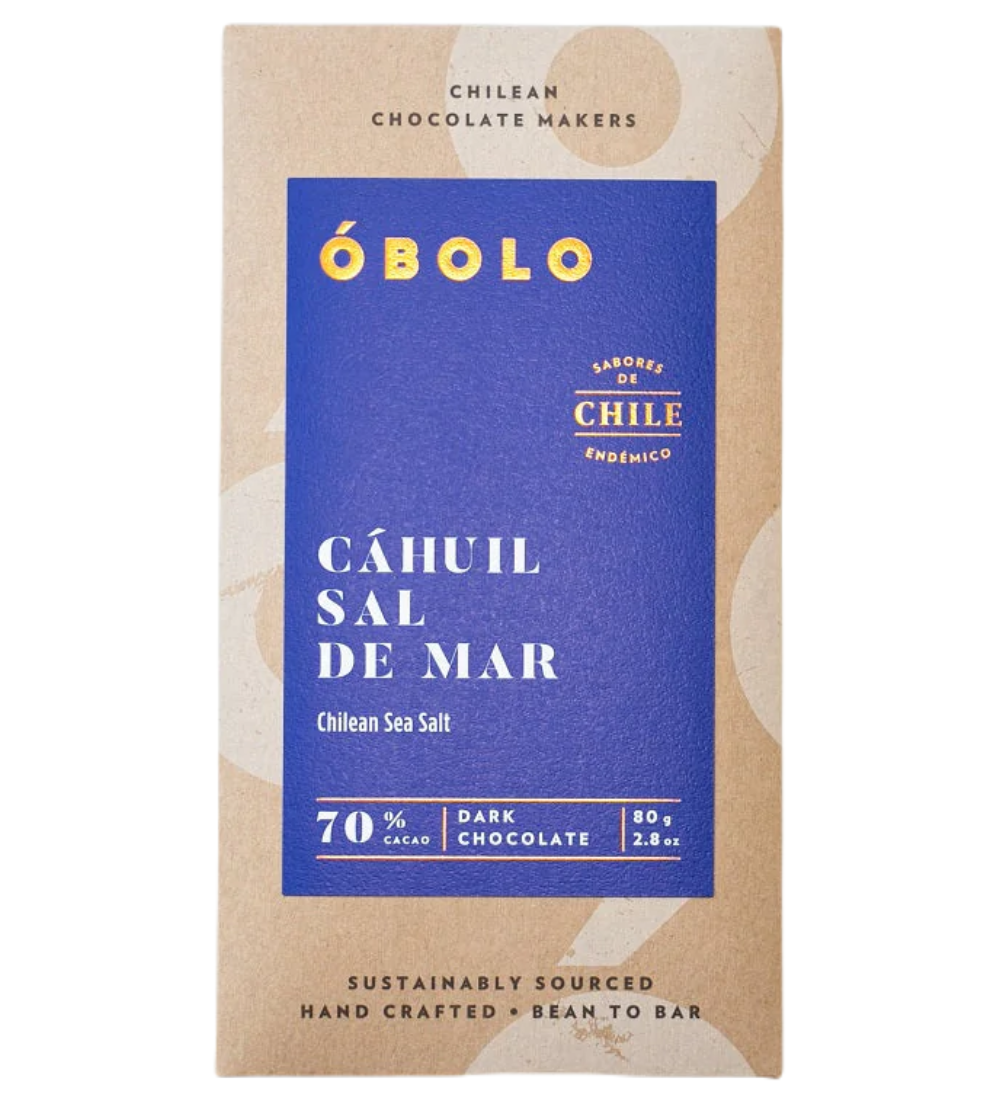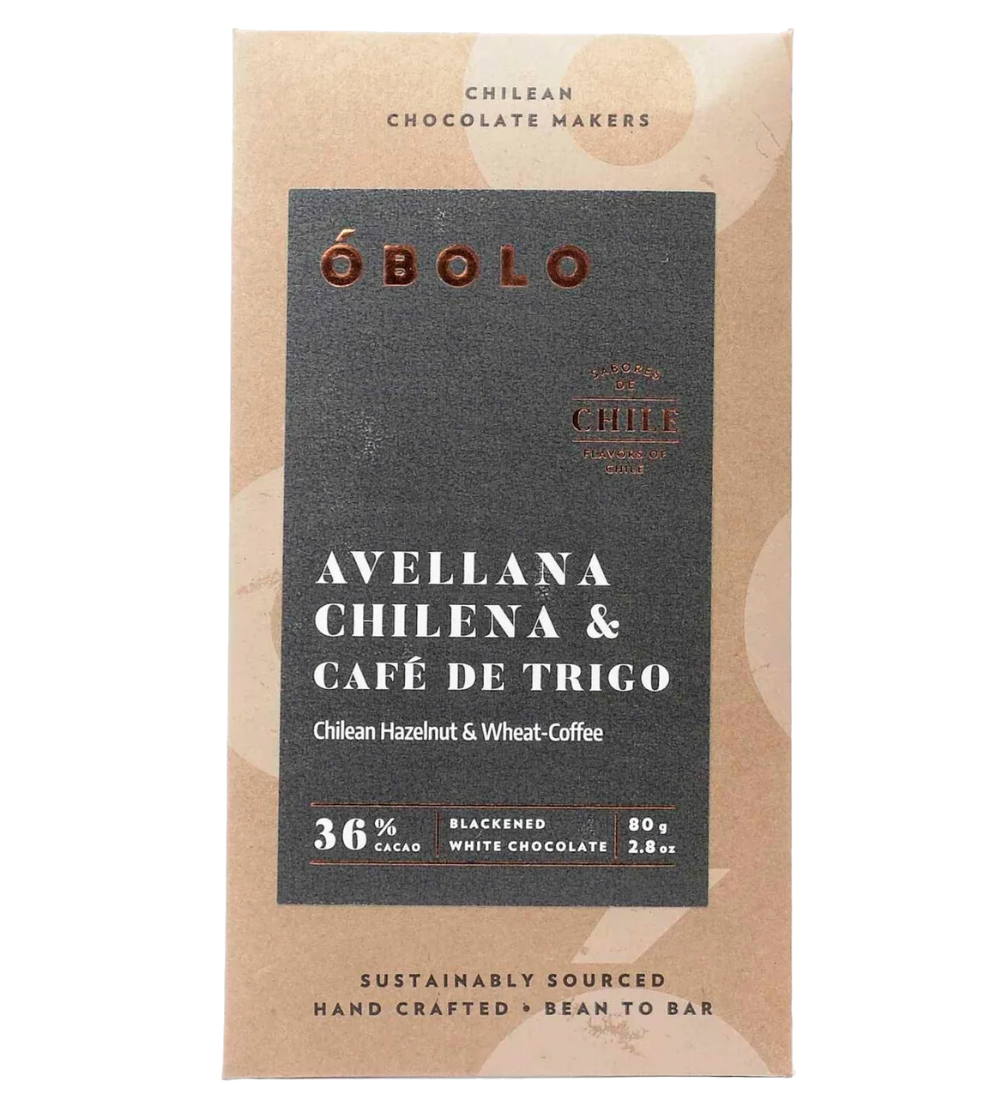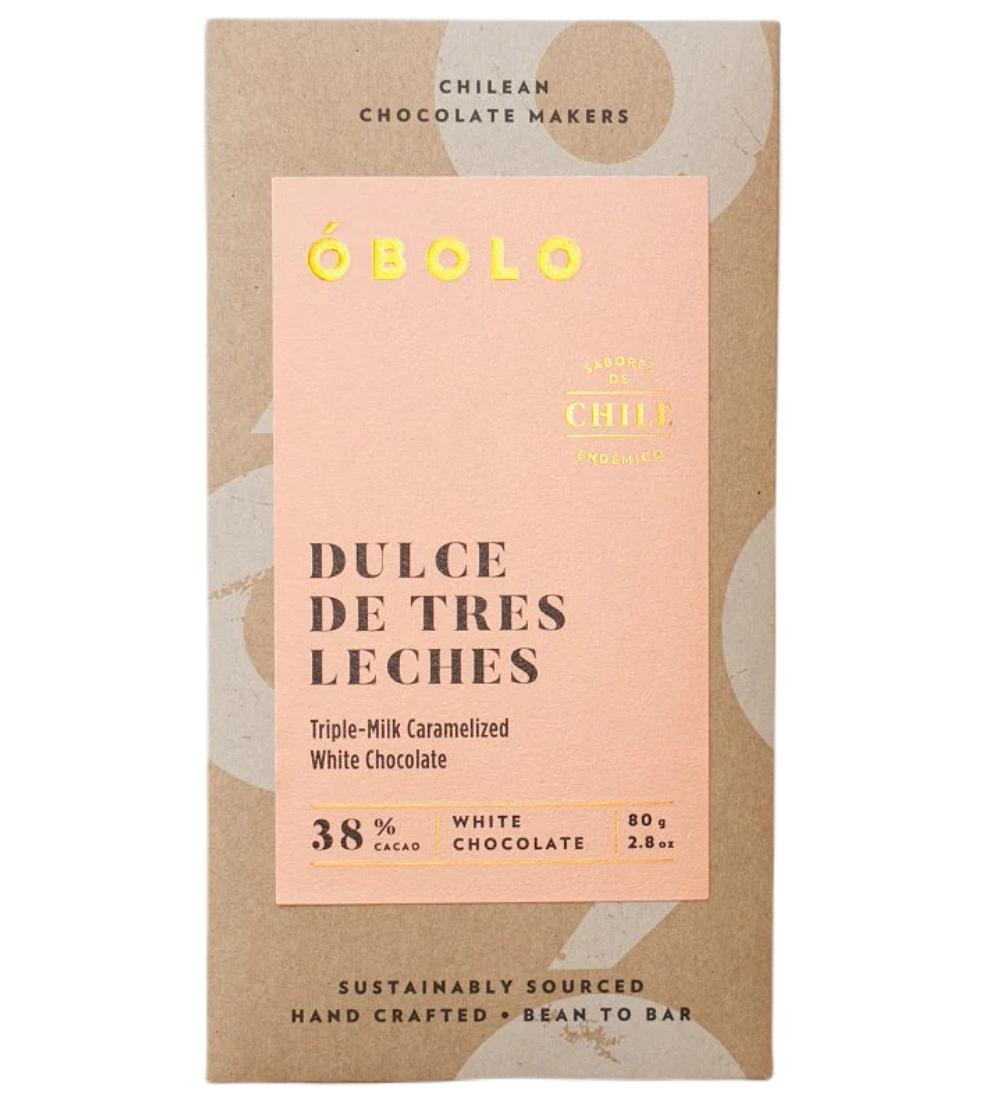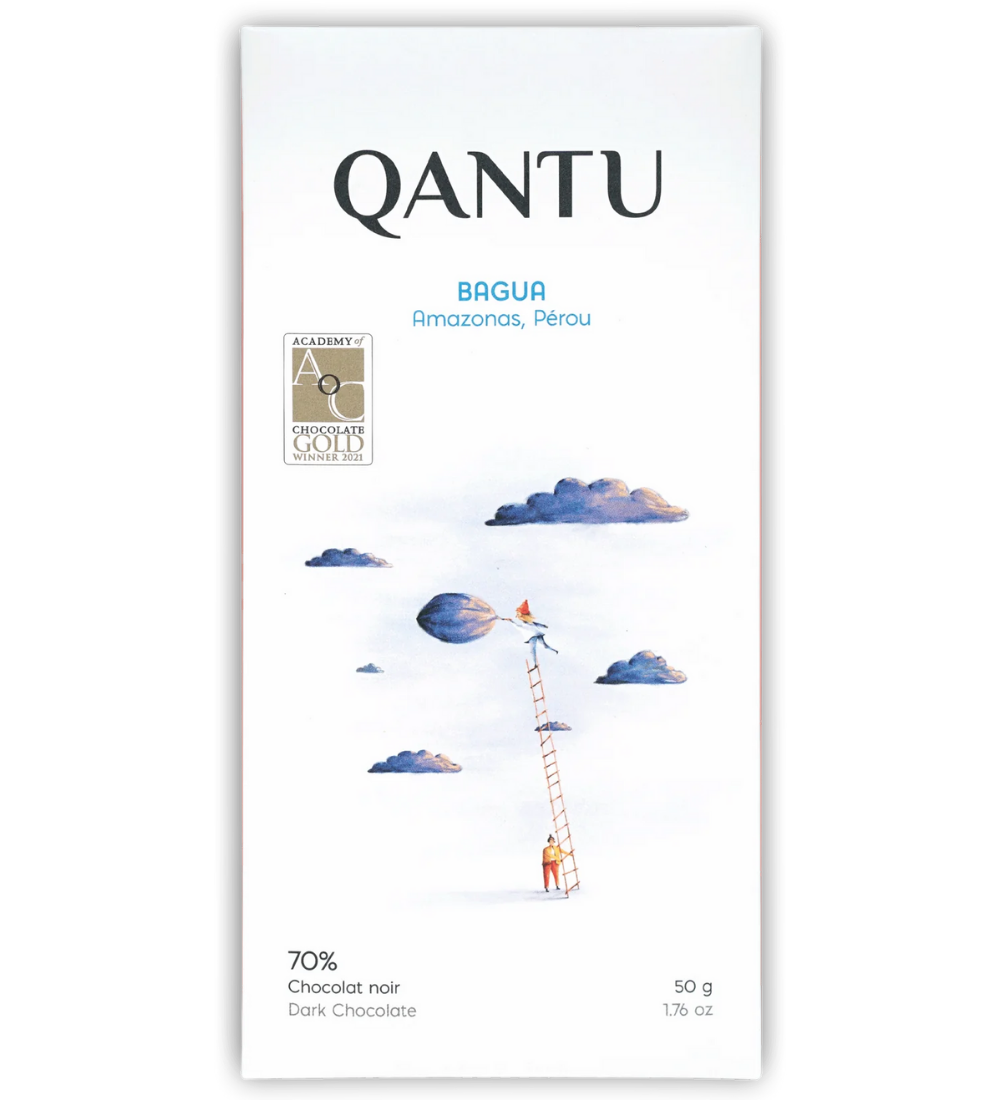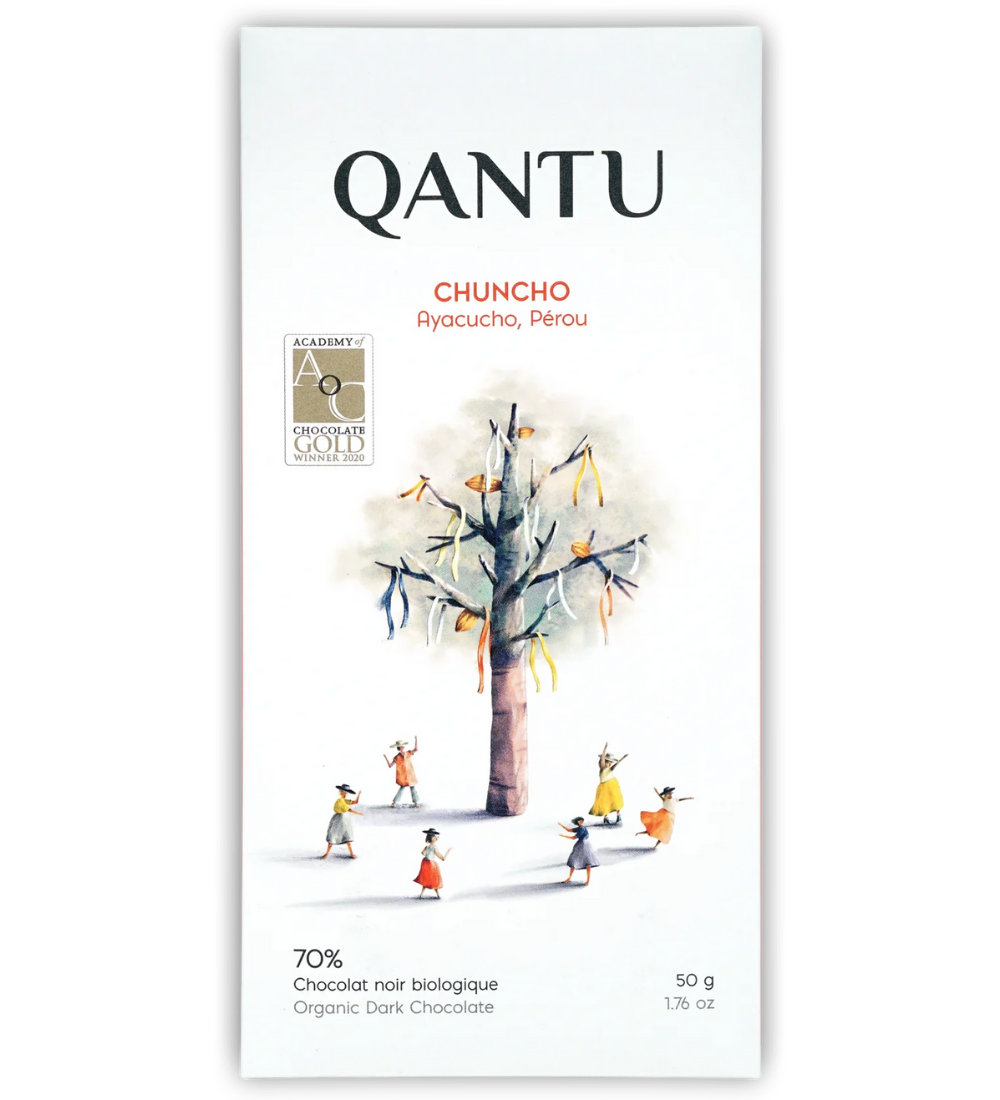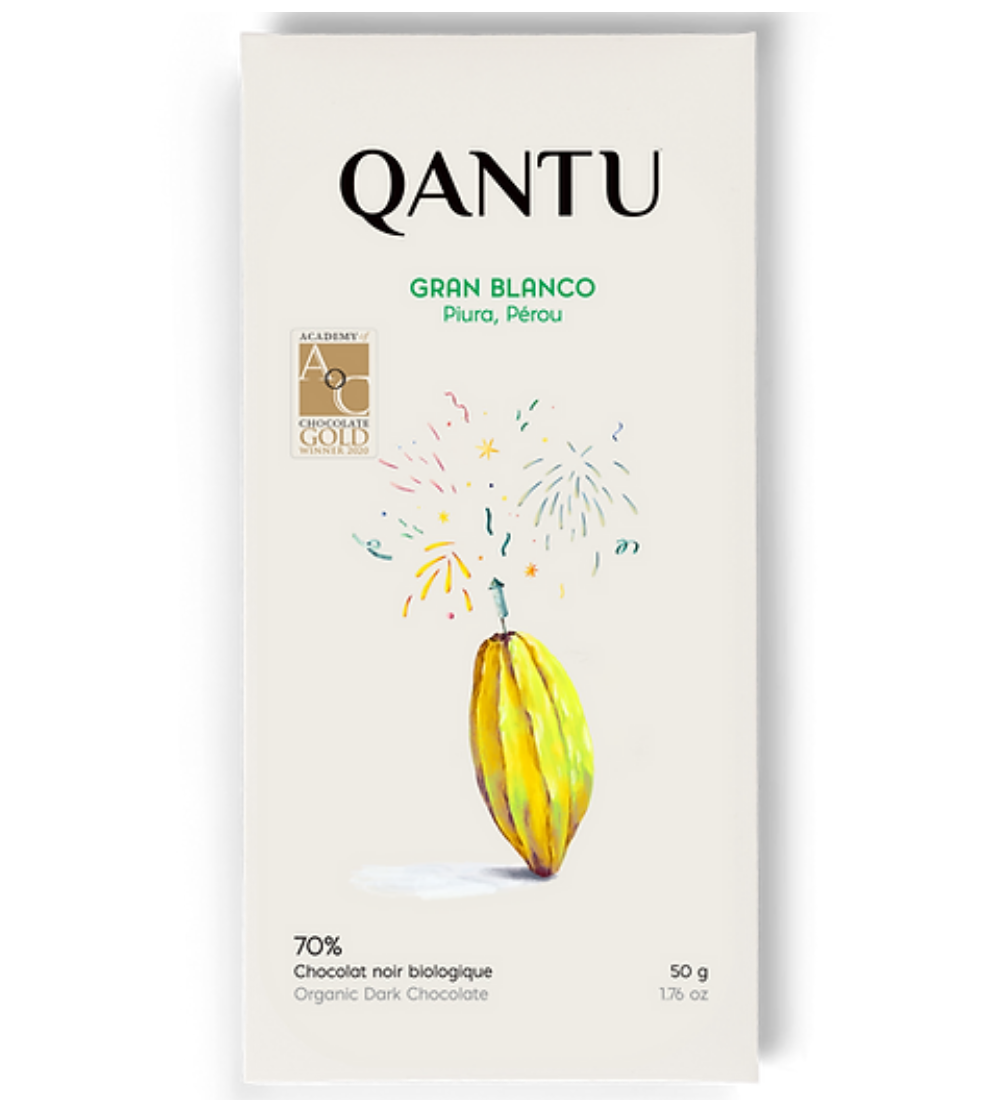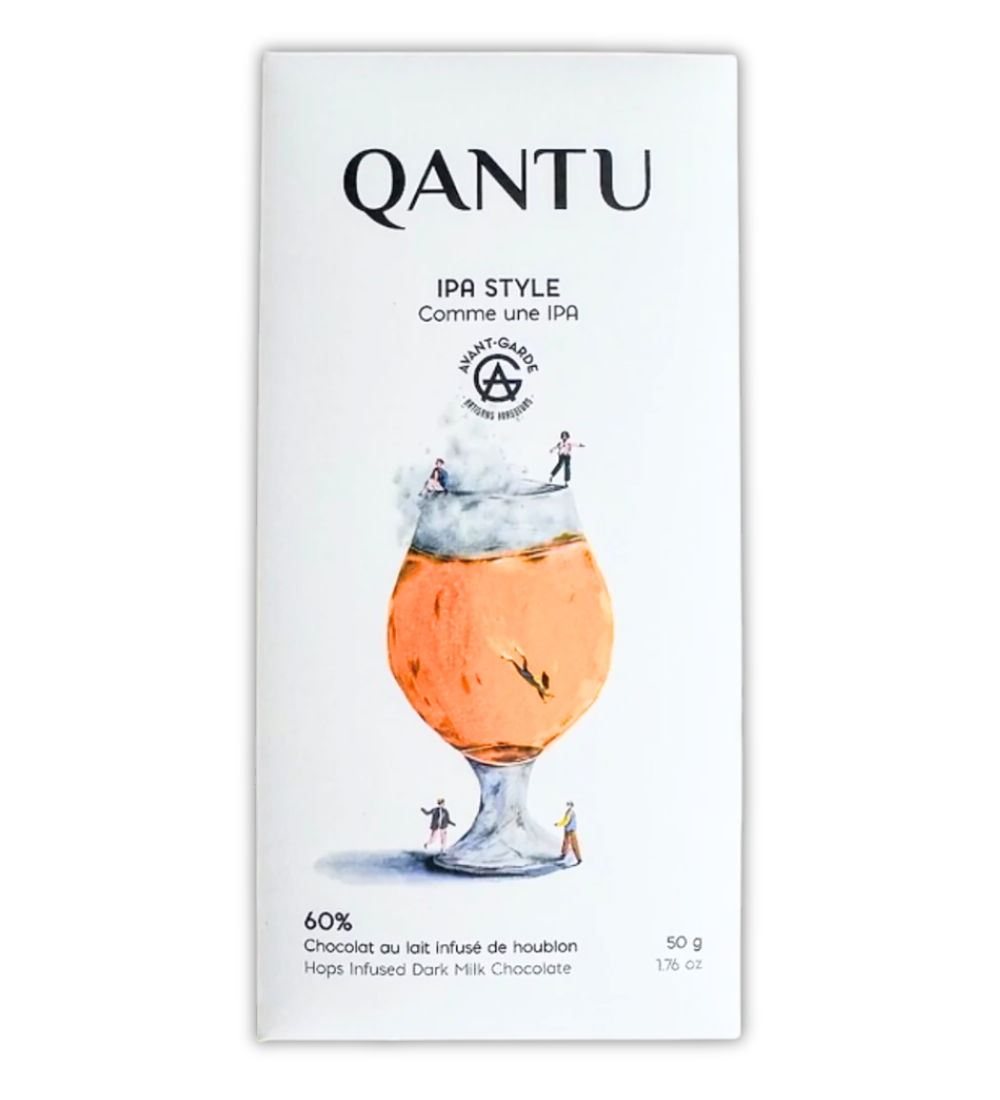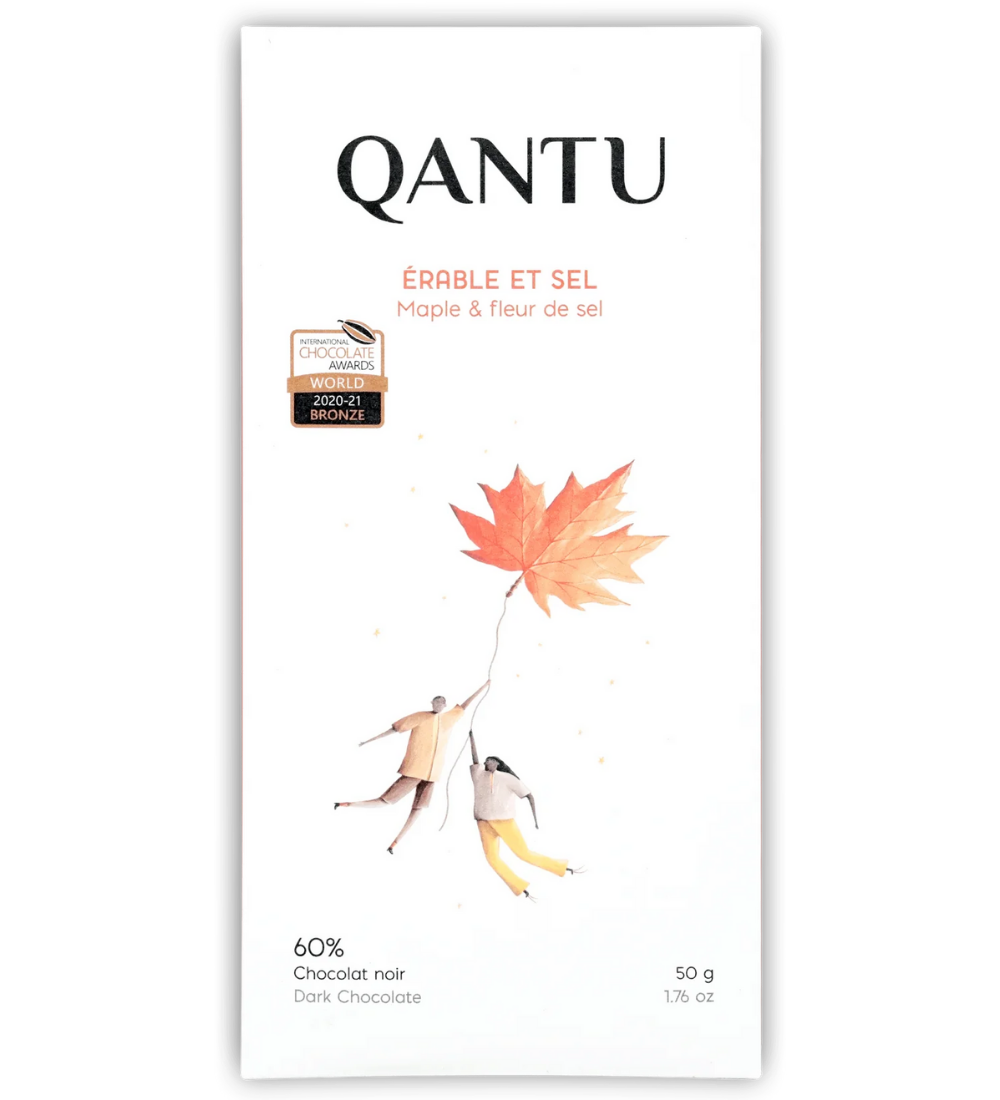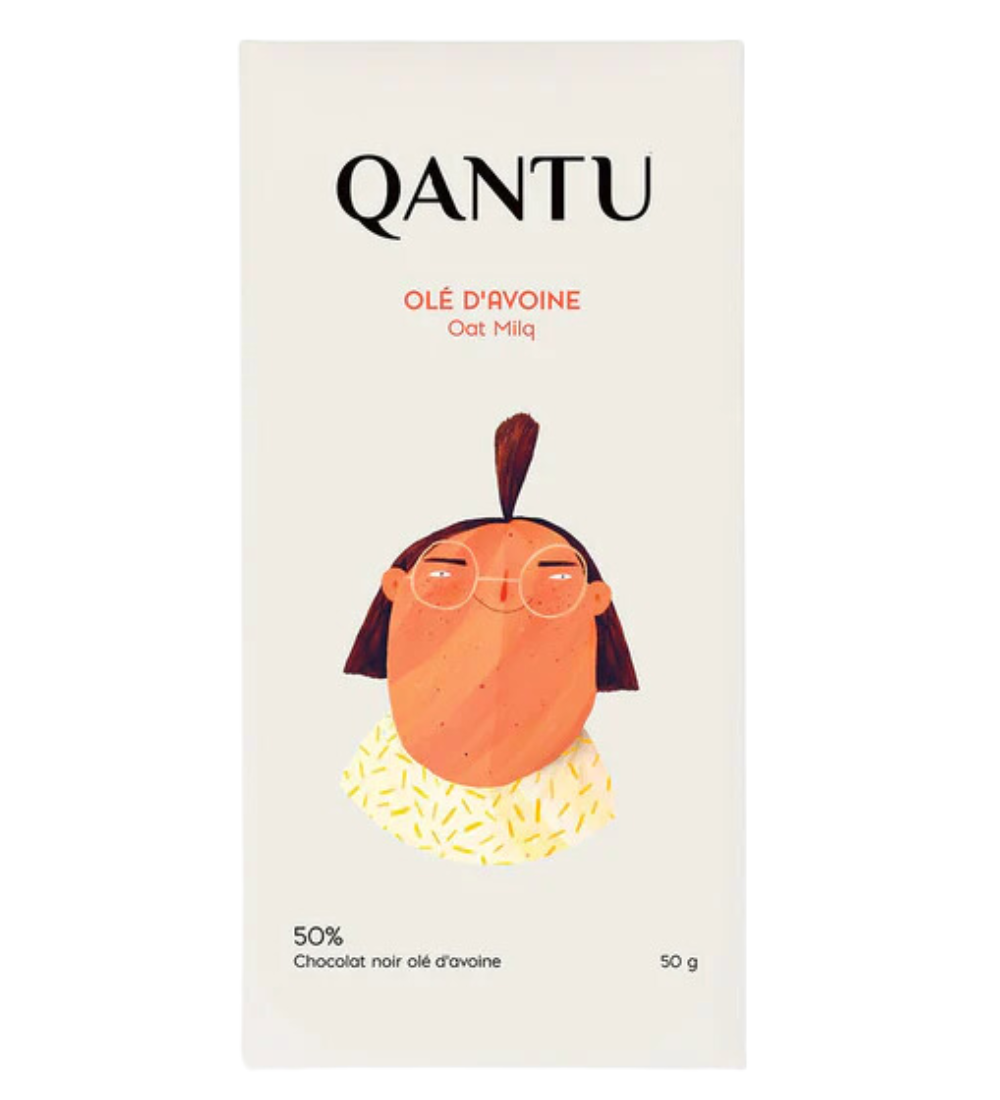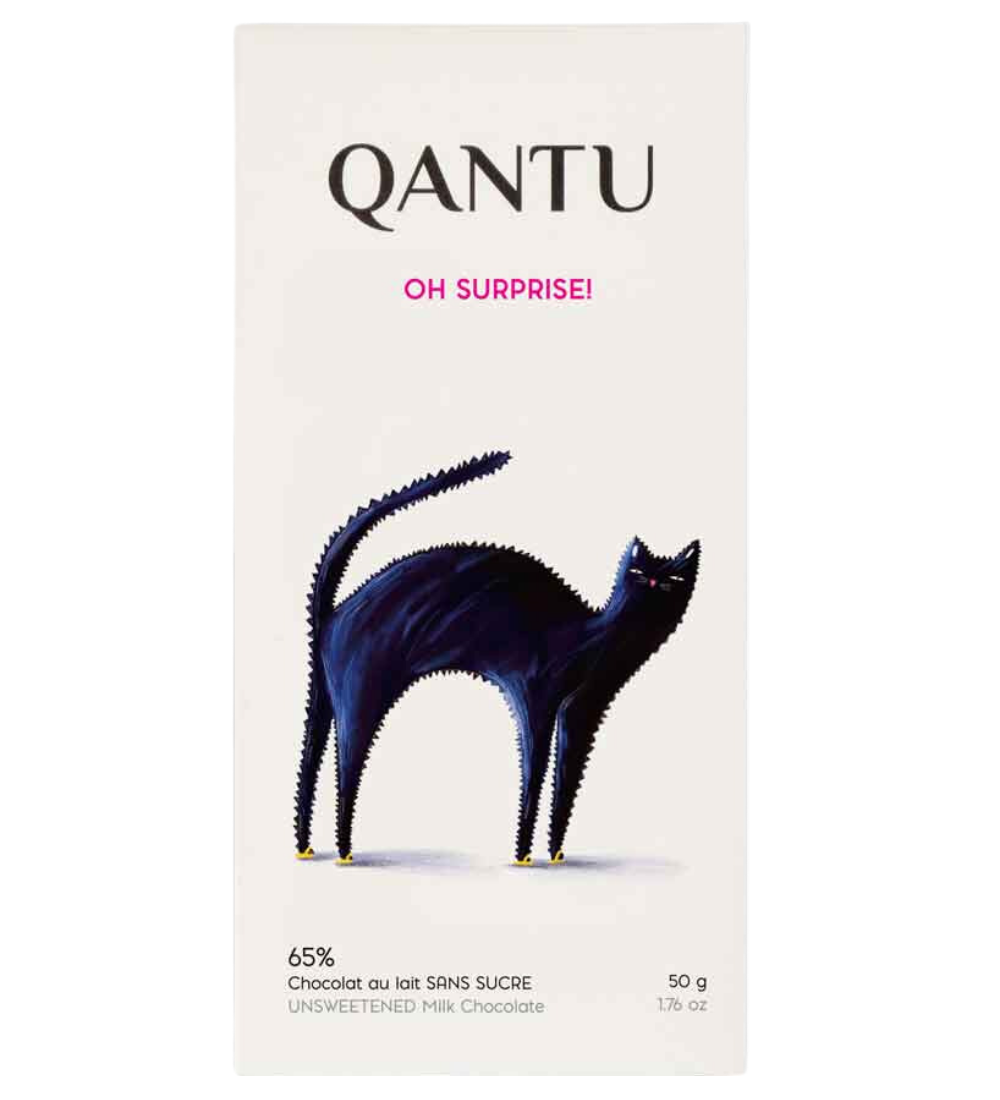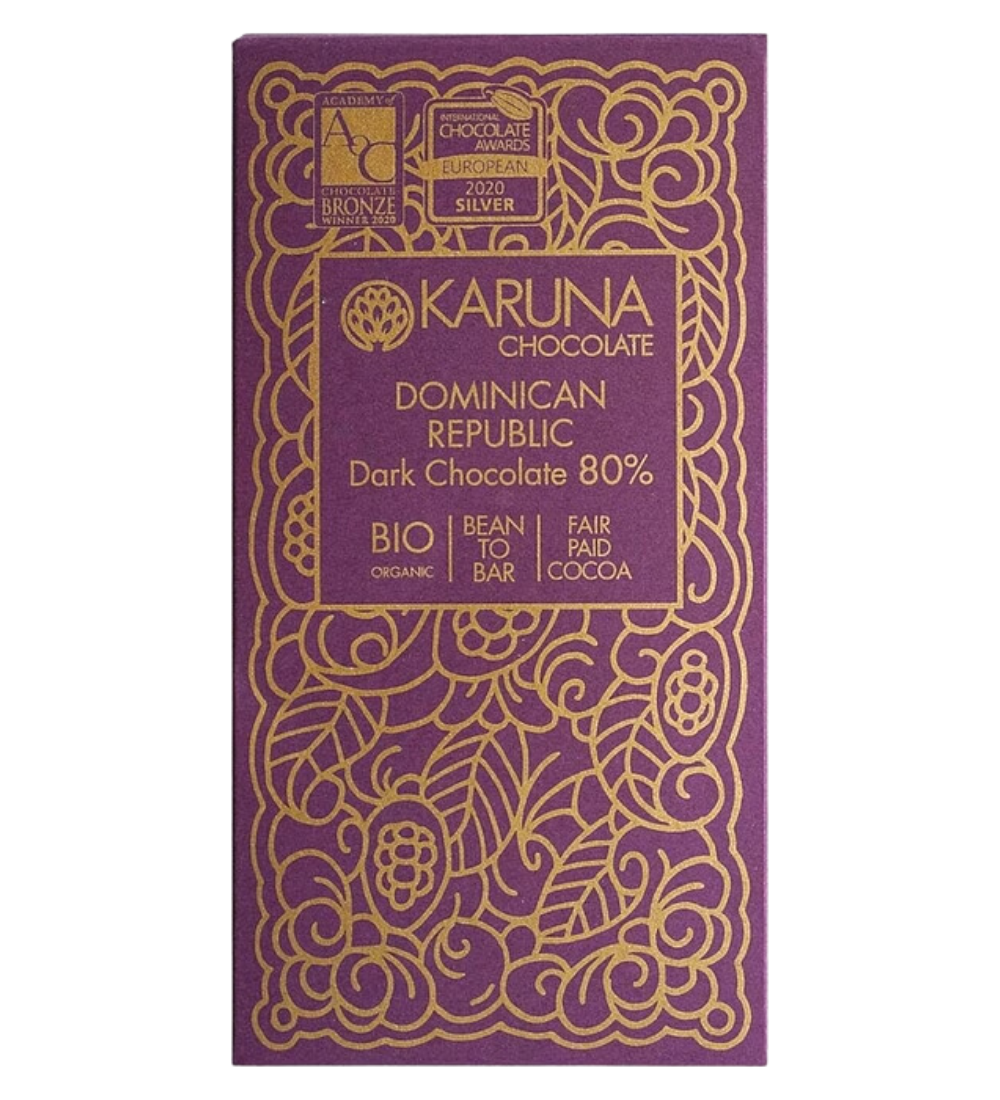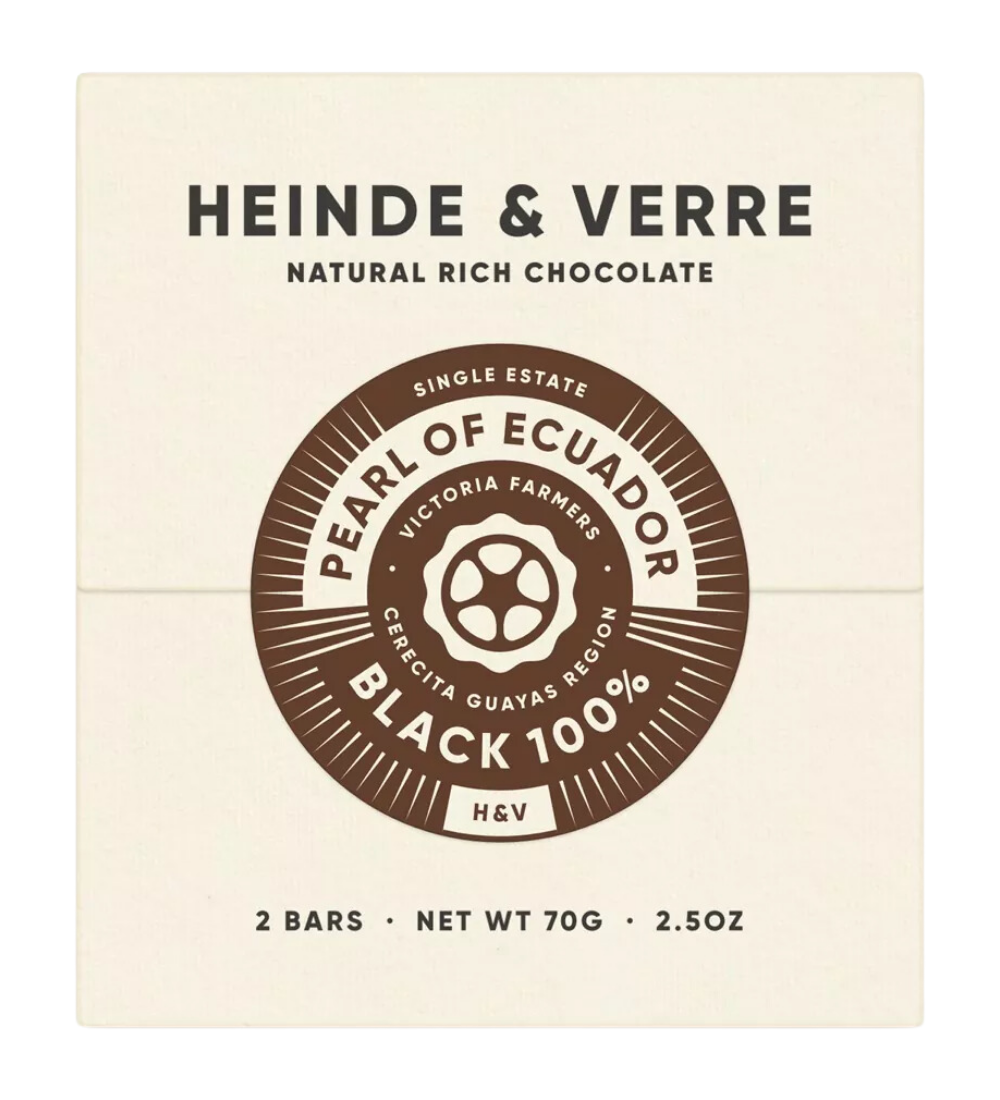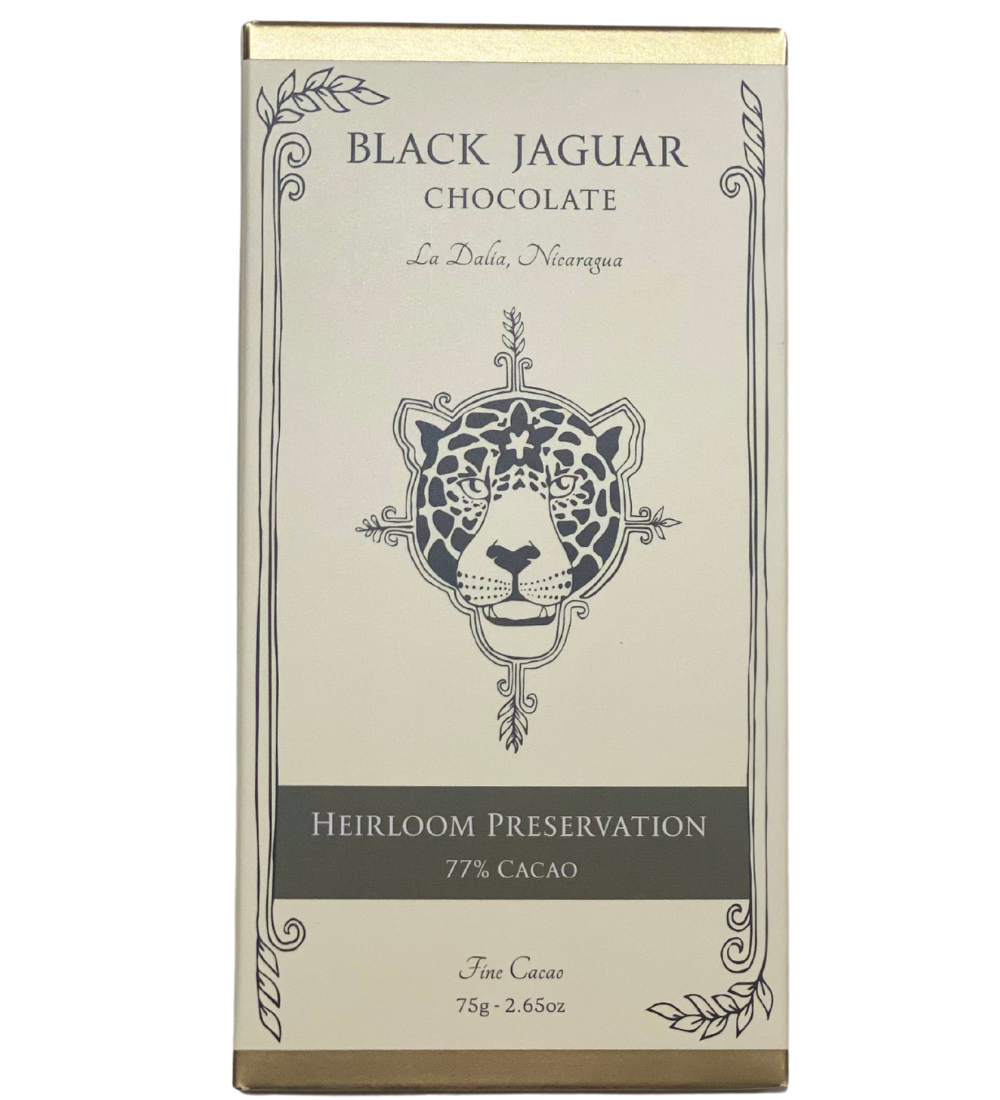La quête de Qantu Don Maximo 80%
Origine du cacao : Pérou
Pays producteur : Canada
Poids : 50 grammes
Adding product to your cart
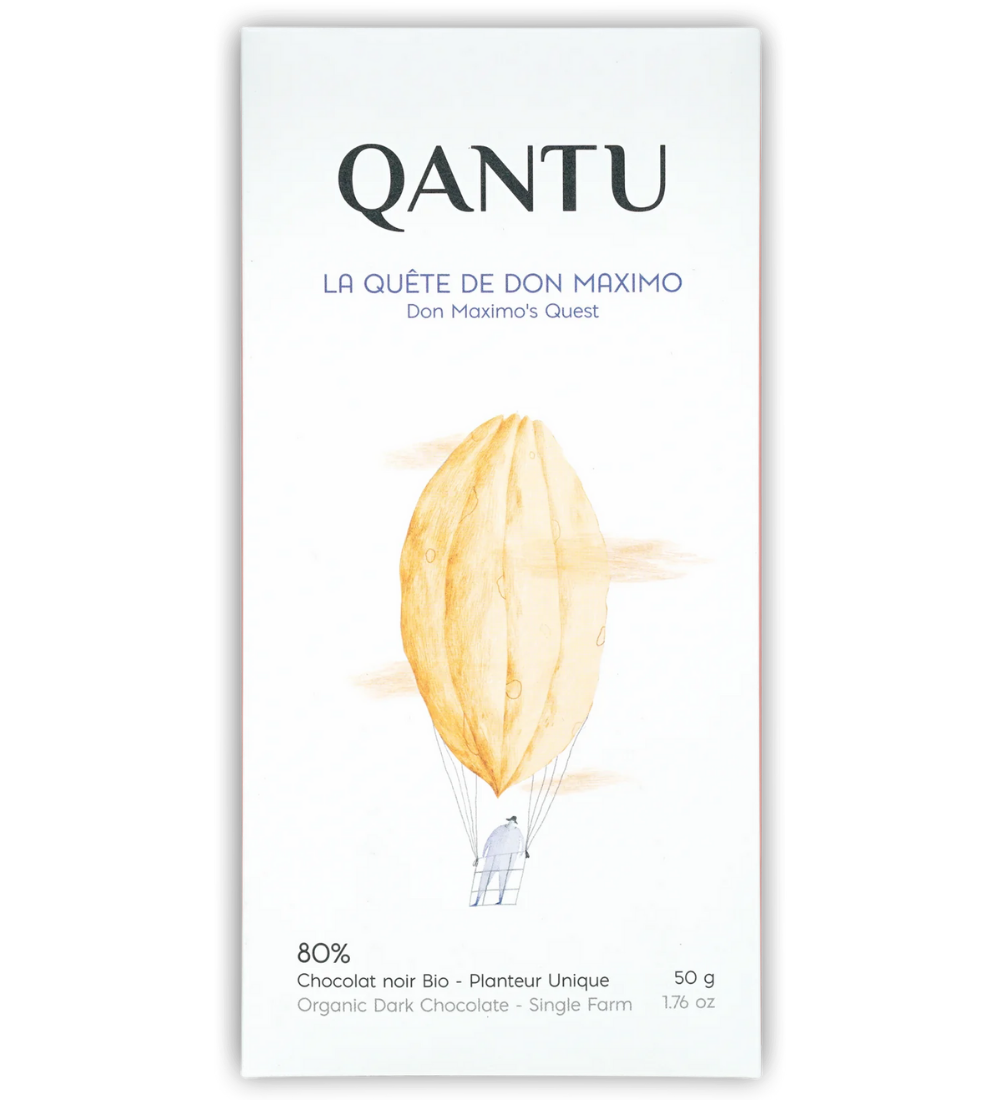
La quête de Qantu Don Maximo 80%
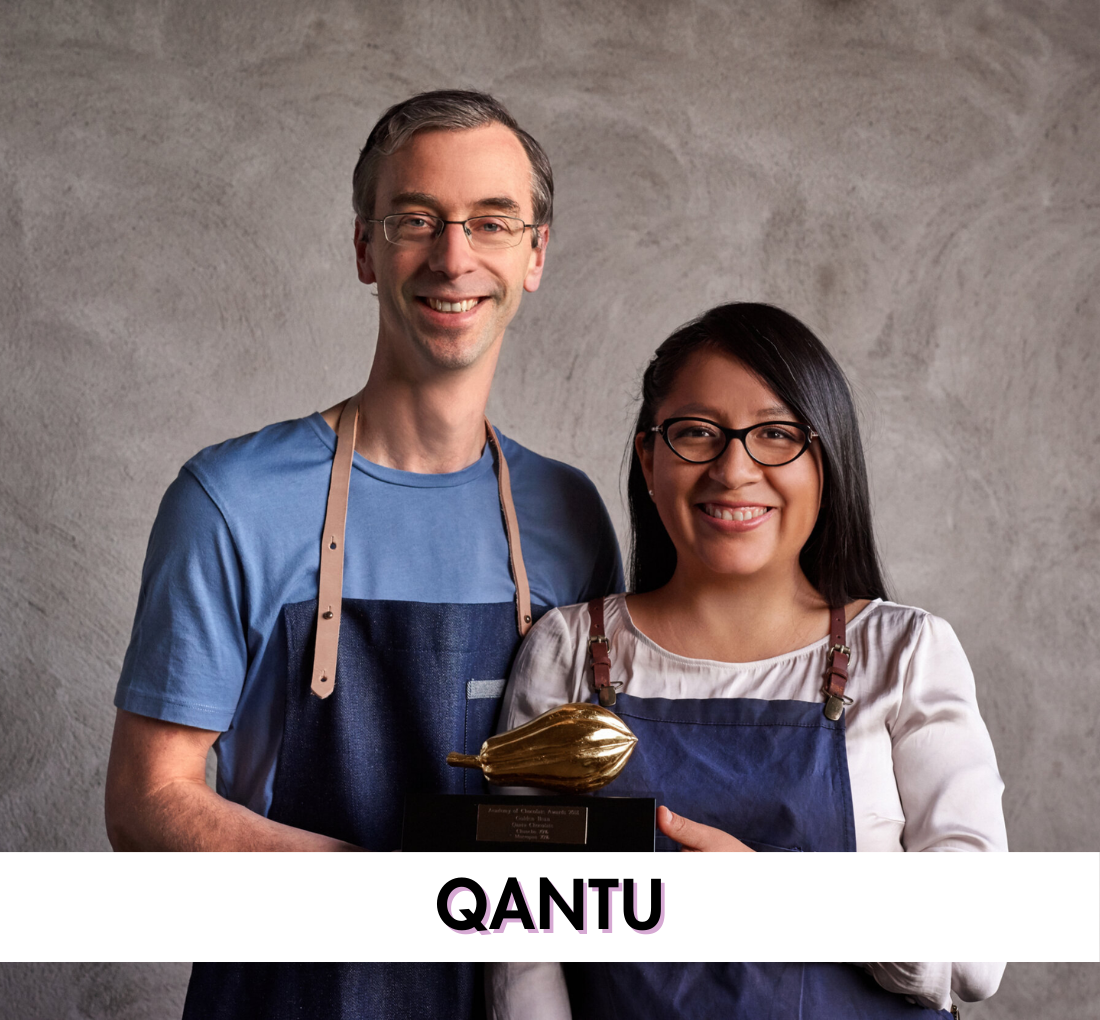
Qantu is physically based in Montreal, Canada, but its spiritual home is in Peru, where its founders, Elfi and Maxime, met and discovered their love for chocolate. It's also where they found inspiration for their name, taken from the country’s national flower (pronounced 'Kantu', from the Quechua language). Peru is also where the two source all their beans directly from cooperatives, importing them without any middlemen. Elfi and Maxime often visit the farms where possible, or meet with cooperatives in Lima to ensure good post-harvest and business practices. They also always sample the beans first to evaluate their quality and characteristics. Beans are important: Qantu's mission is to promote and preserve native cocoa beans. They educate people on the differences between hybrid and native cocoa beans and the importance of preserving native beans for biodiversity. The two have accumulated so much award bling you need to wear sunglasses when viewing their accolades!
Achetez plus QantuFor millennia, wild heritage cacao beans have thrived in the high elevations of the ancient Inca empire. Cusco, a city and department in southeastern Peru, was once the empire's capital and remains the gateway to the famed Machu Picchu. While tourism drives the economy, gold and natural gas extraction, along with agriculture, are also significant. Farmers focus heavily on crops like native corn, quinoa, tea, and coffee, but in pre-colonial times, Cusco was the leader in cacao production. The Urubamba Valley, a central hub for modern cocoa cultivation, served as a vital trade route between the Andes and the Amazon jungle. It was also where the last Incan emperor, Manco Inca, sought refuge from Spanish conquistadors.
